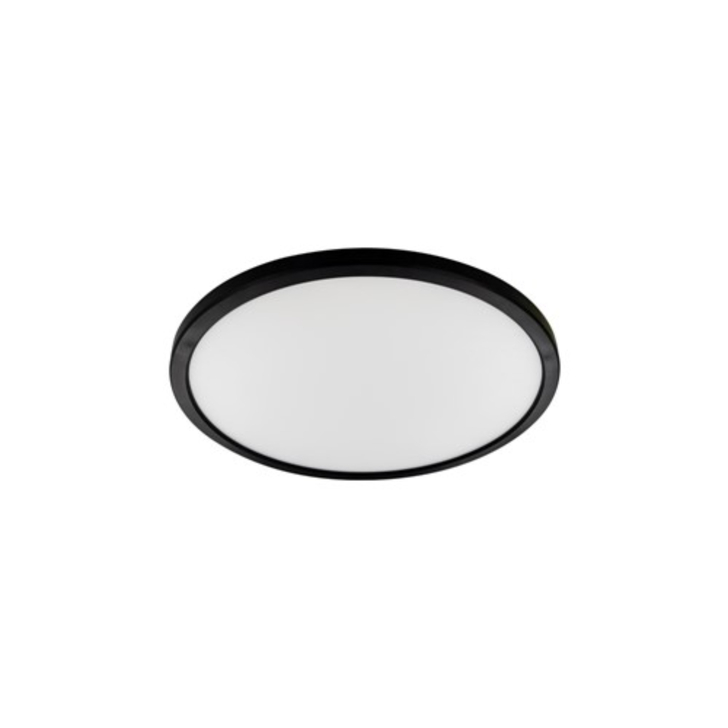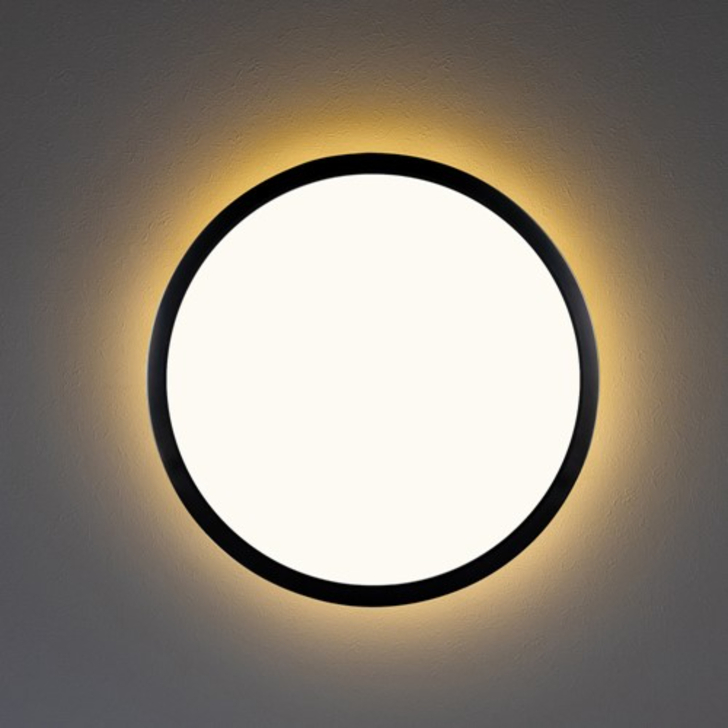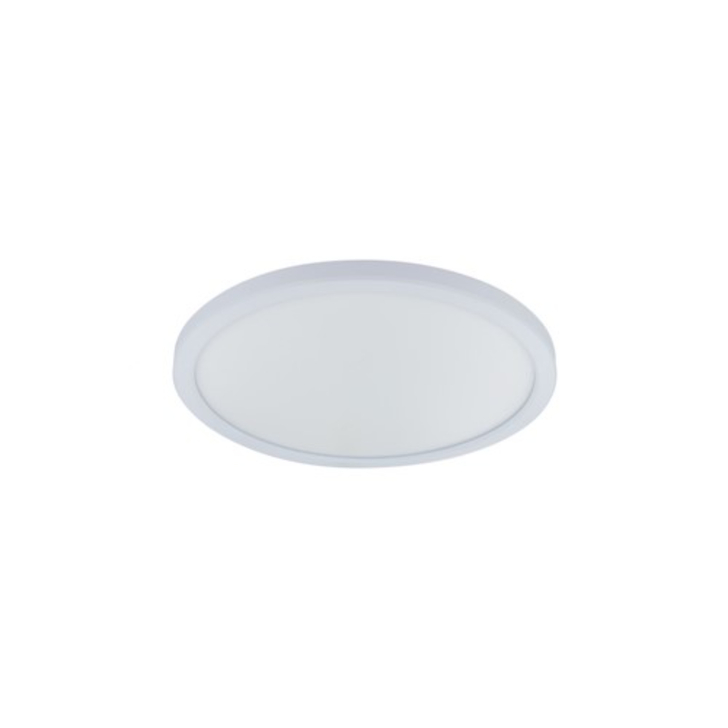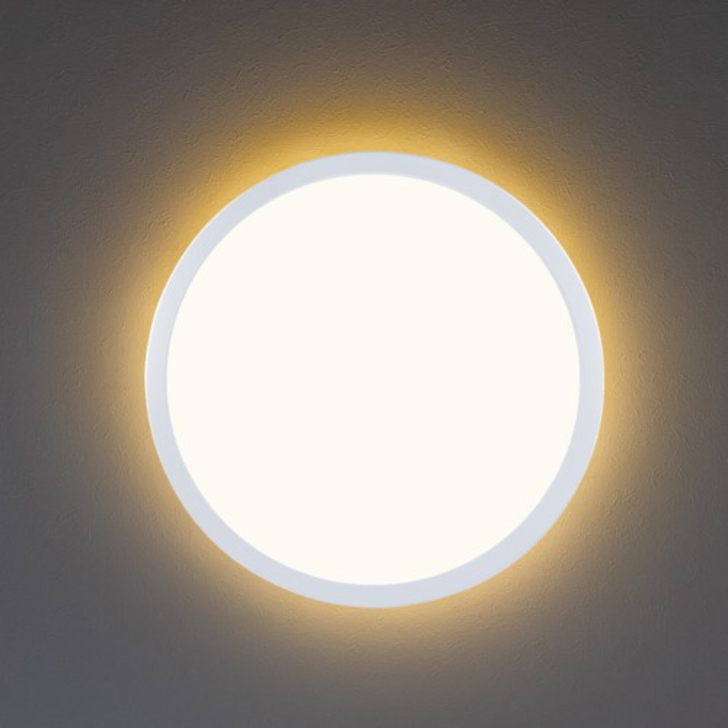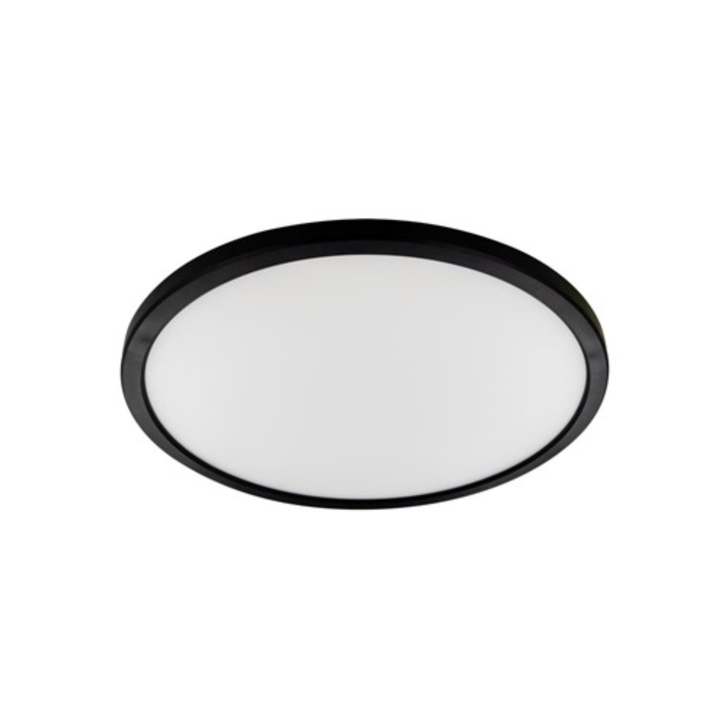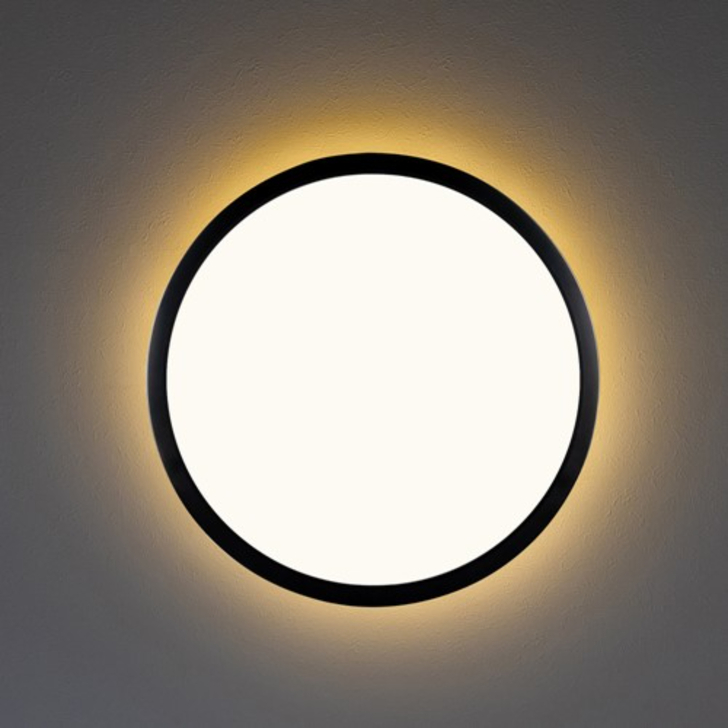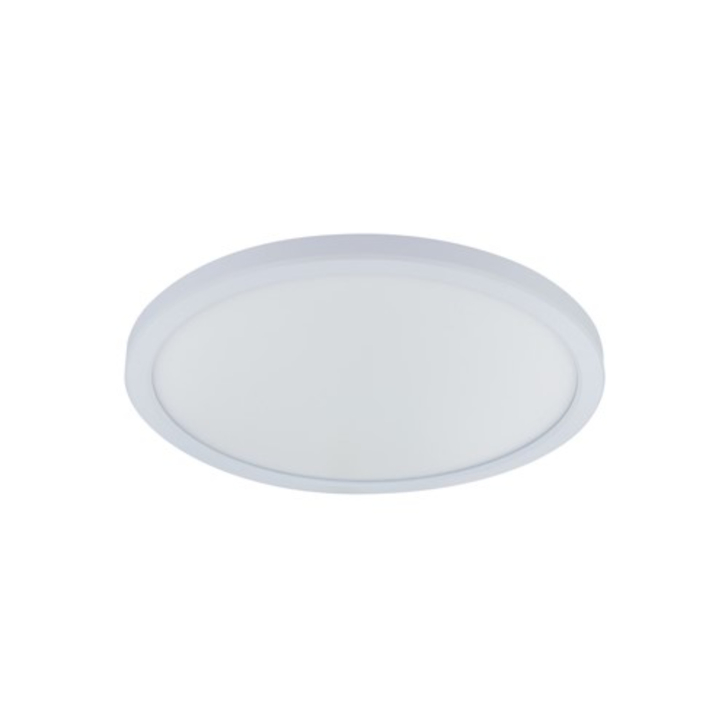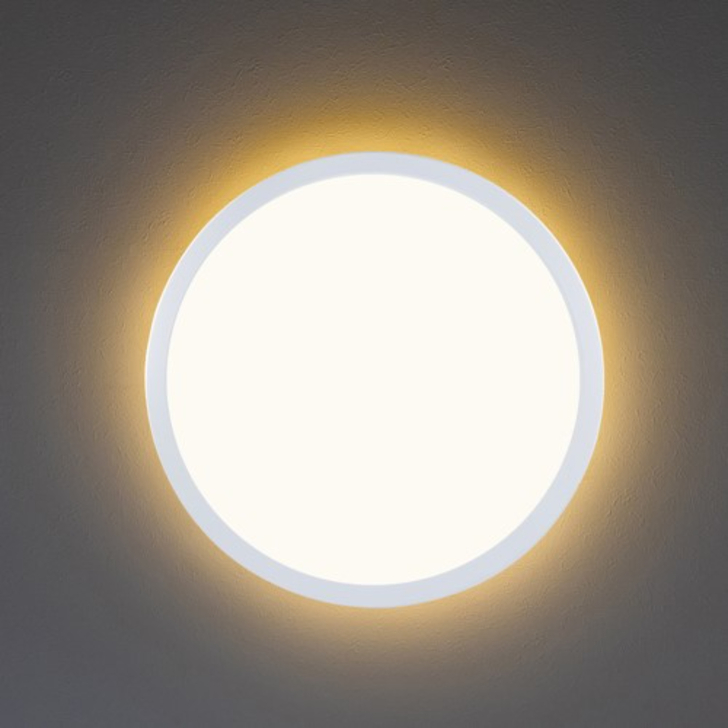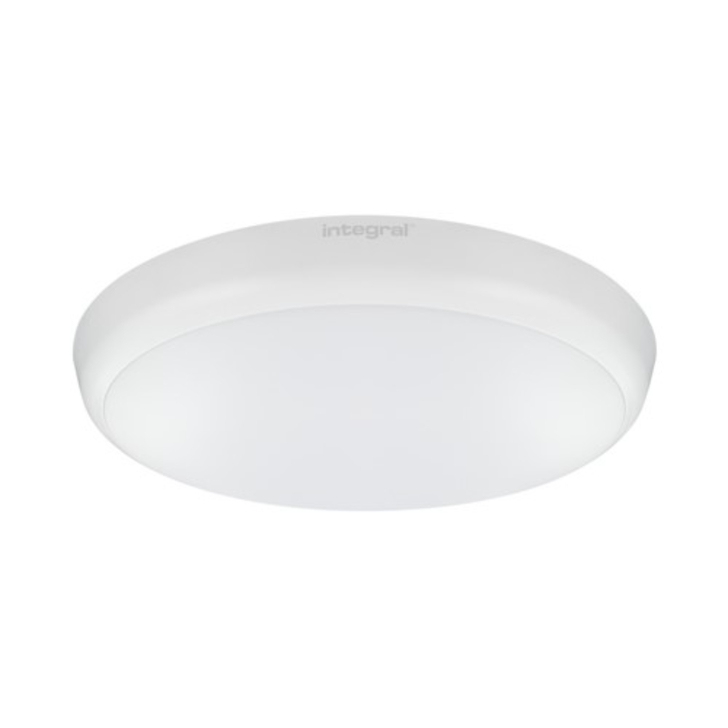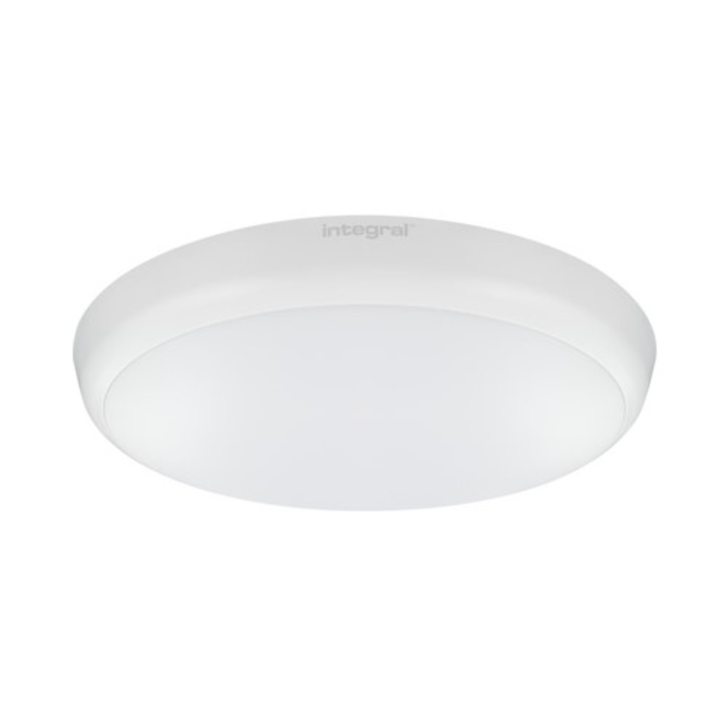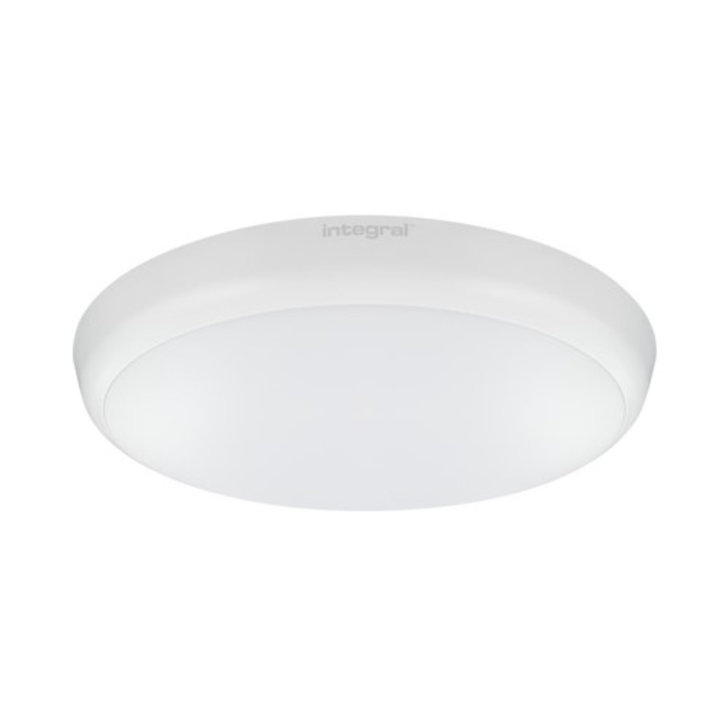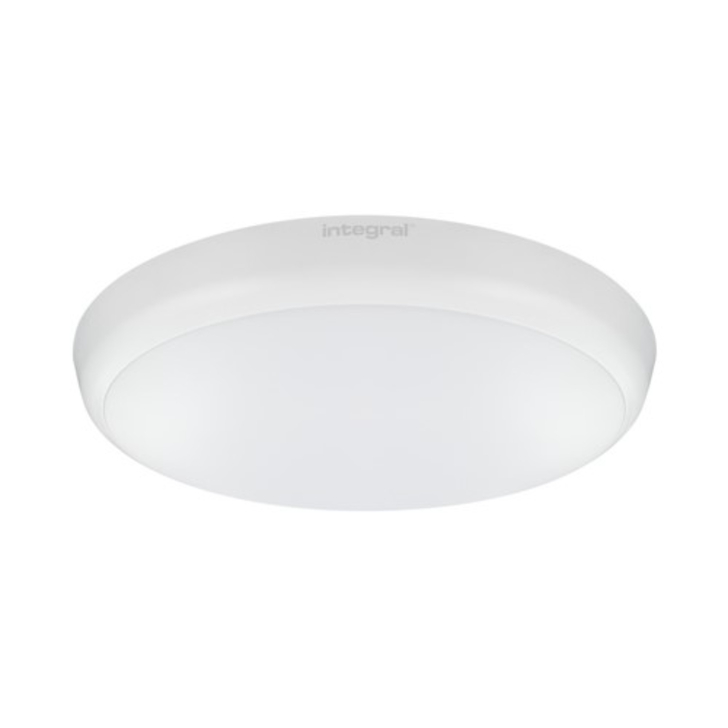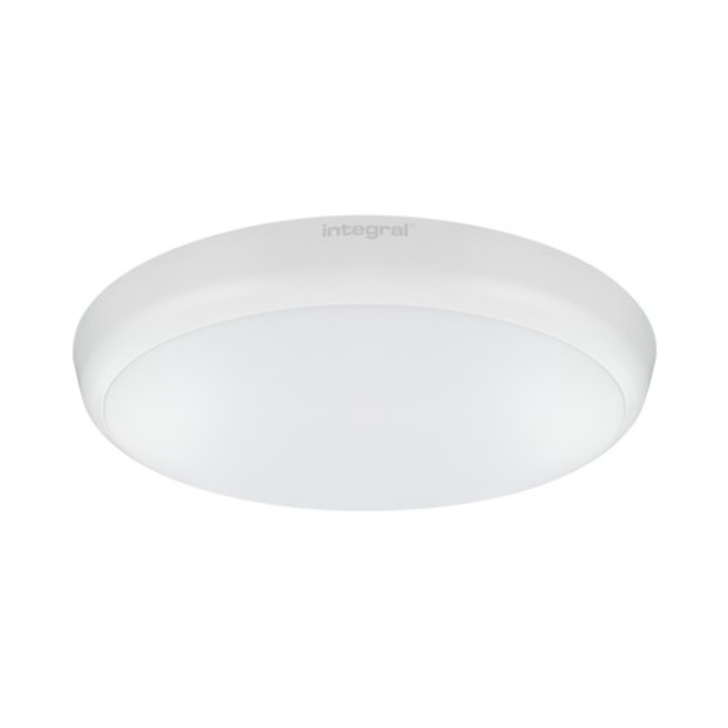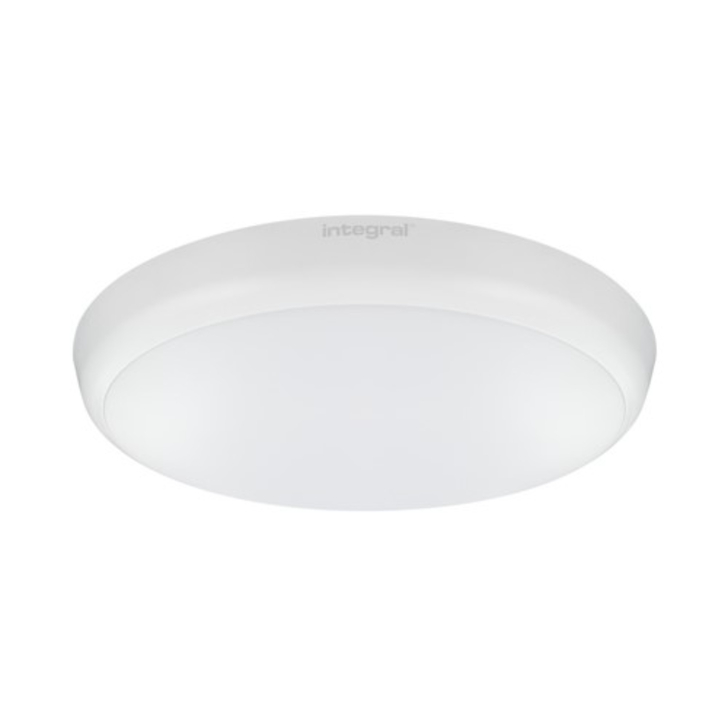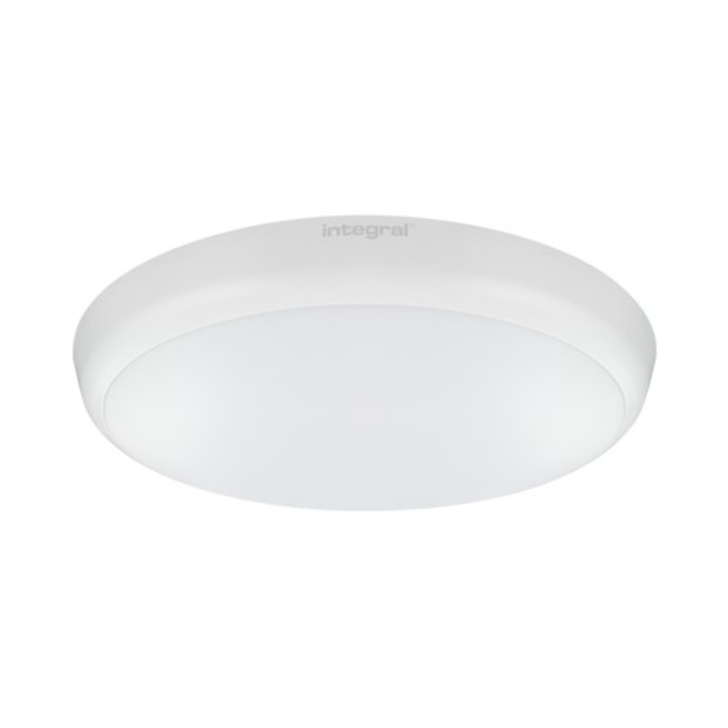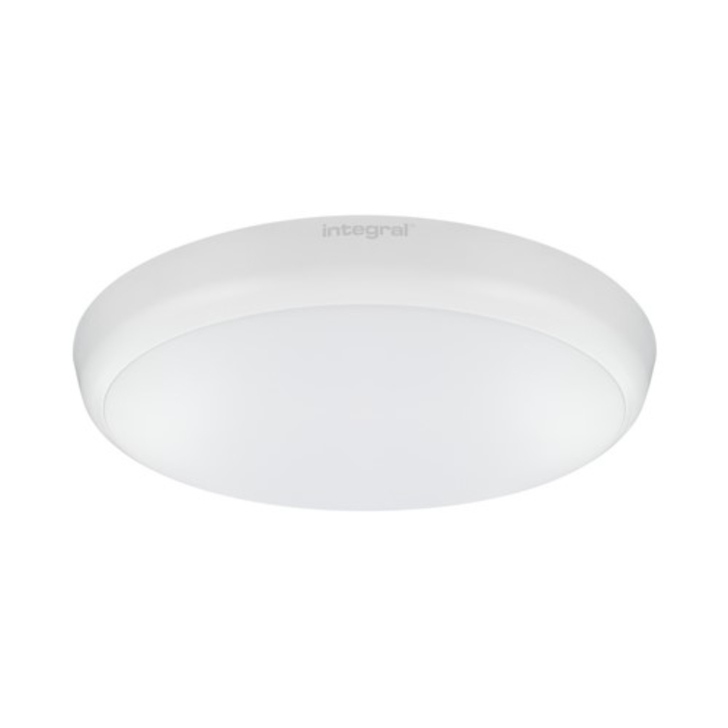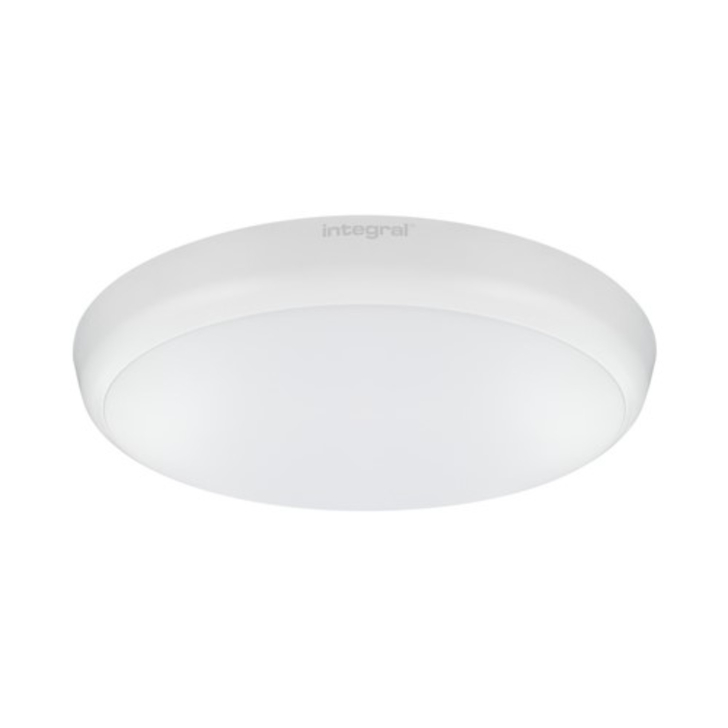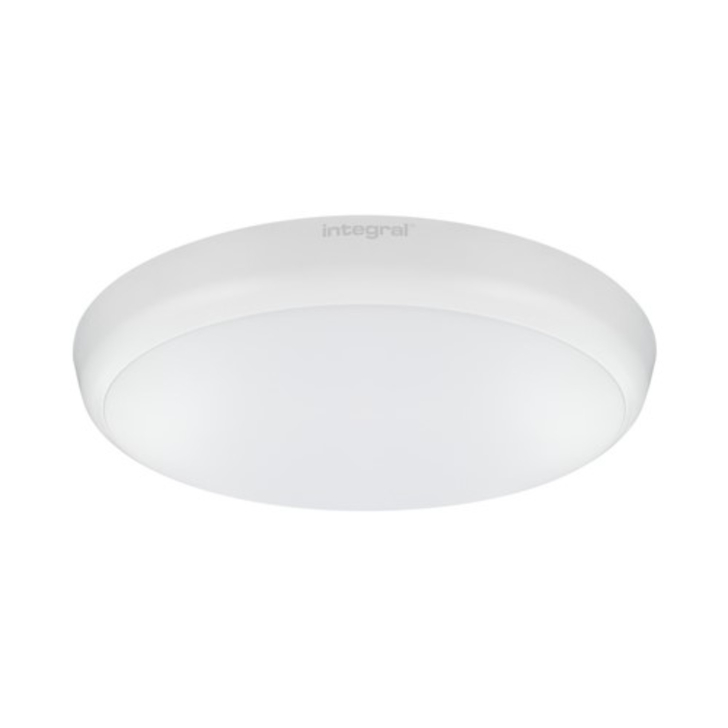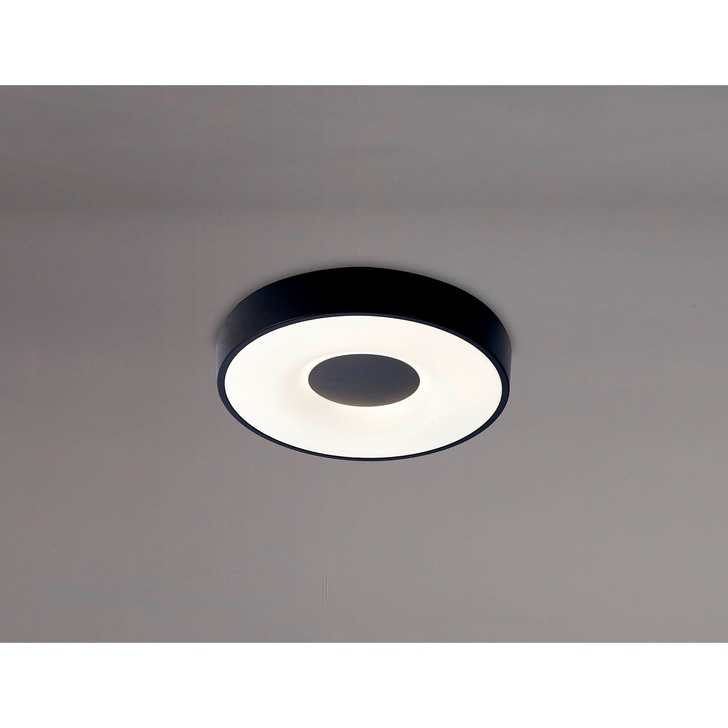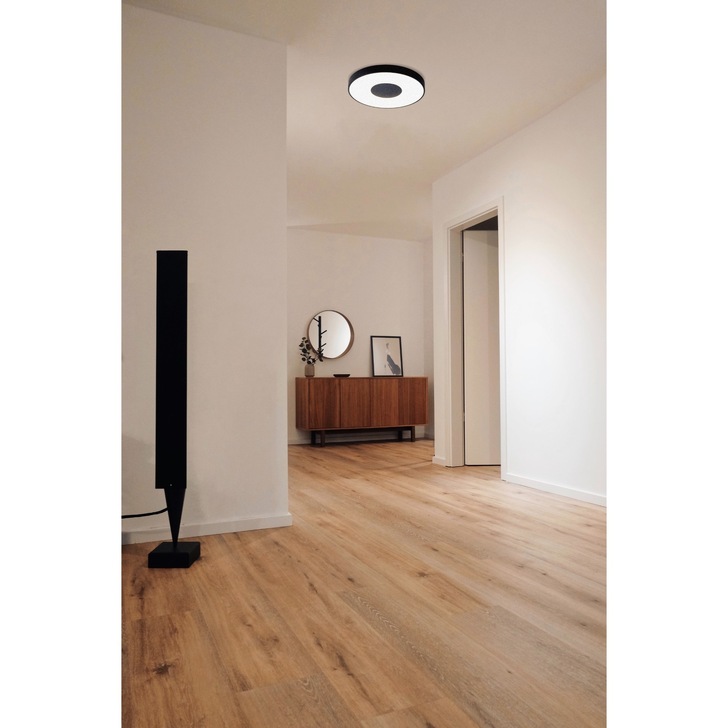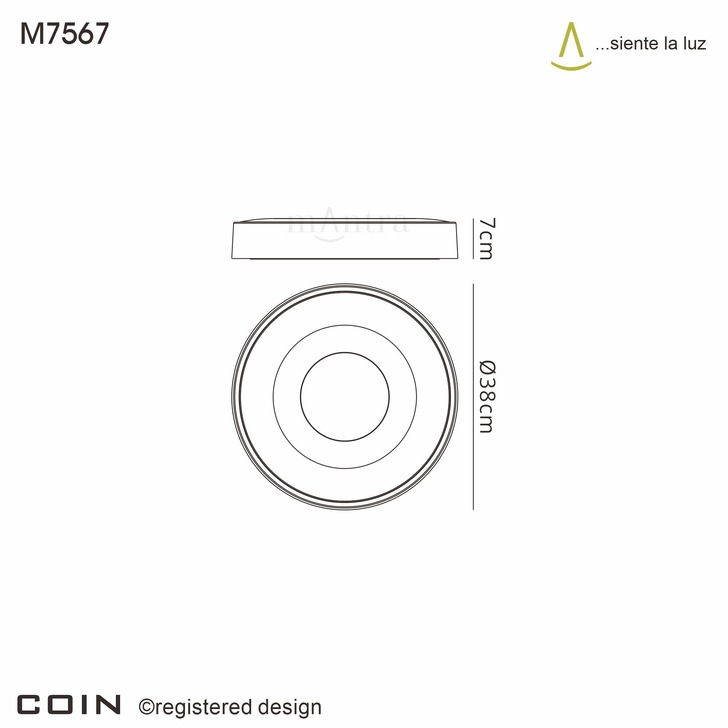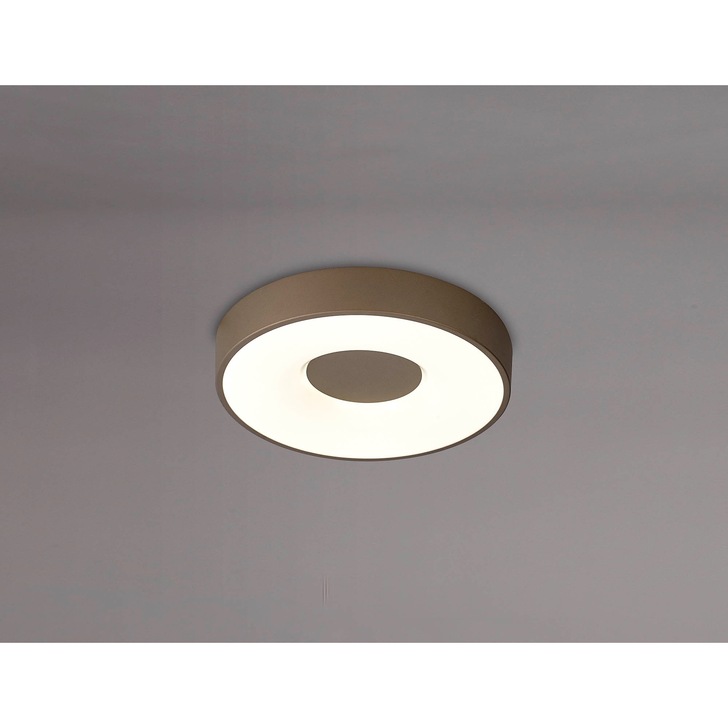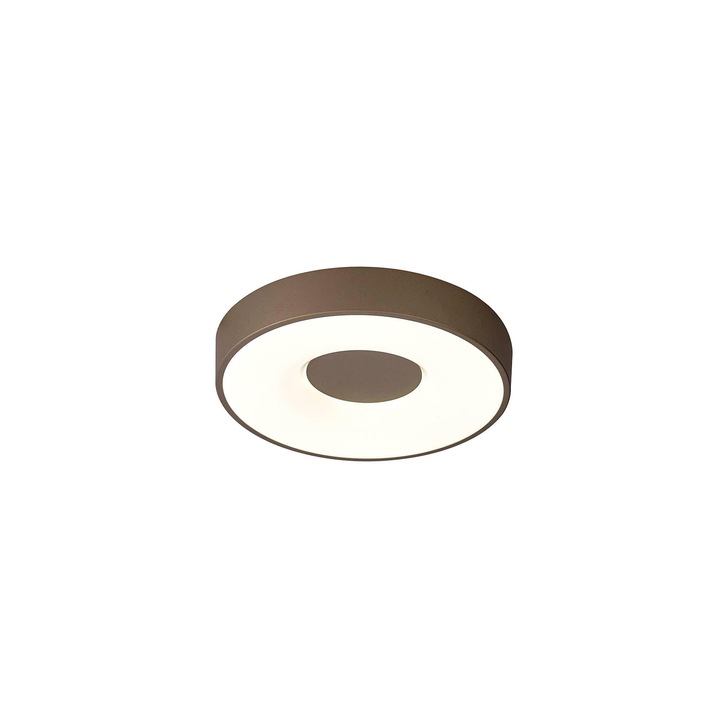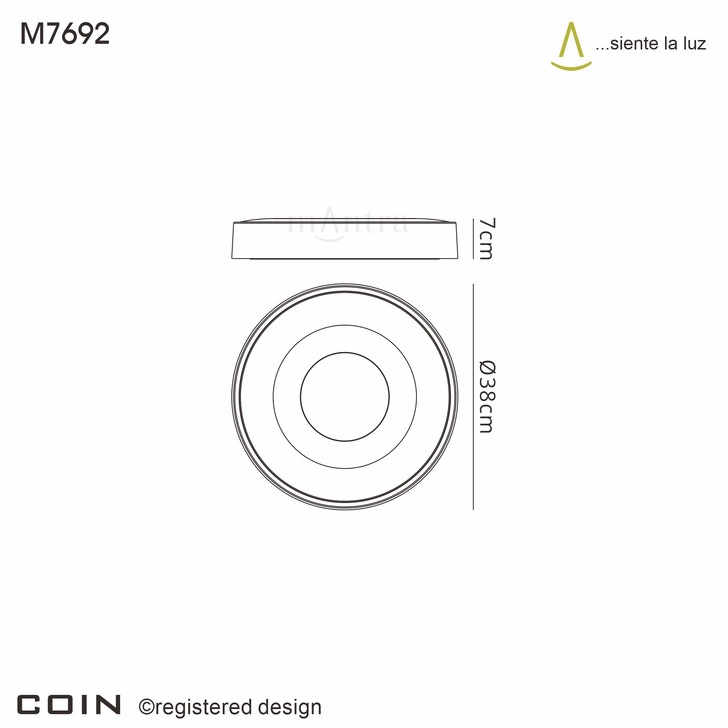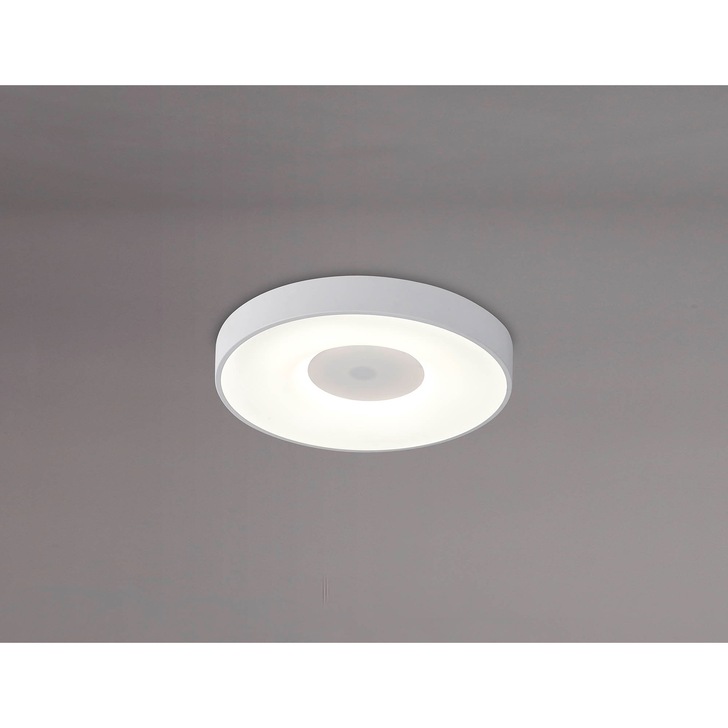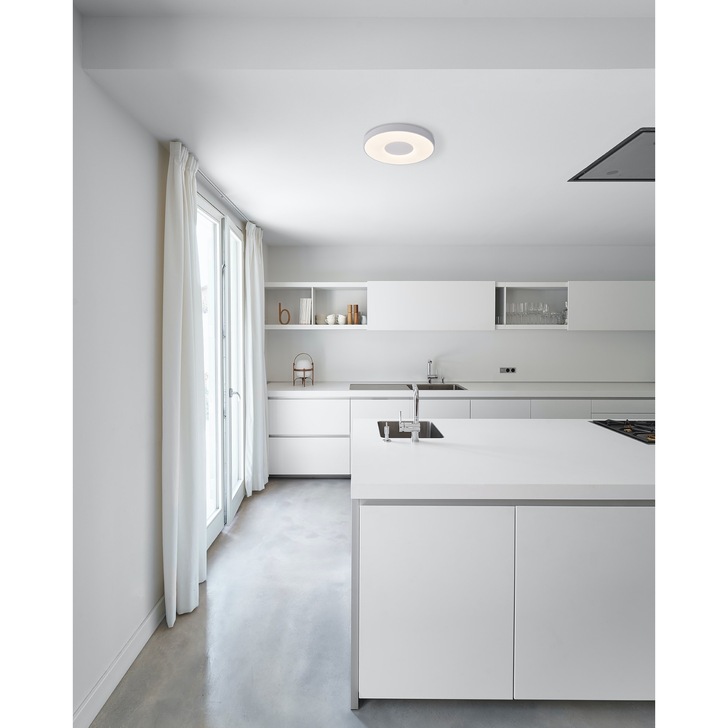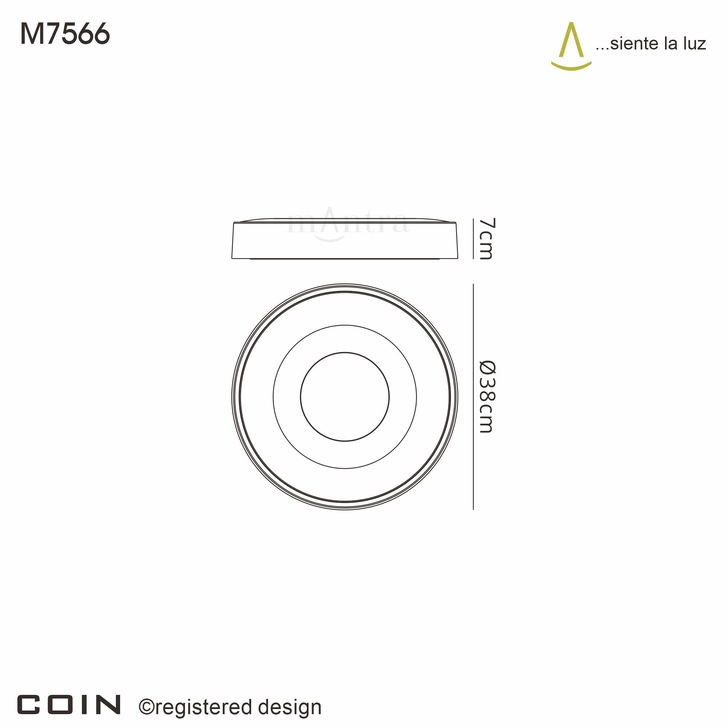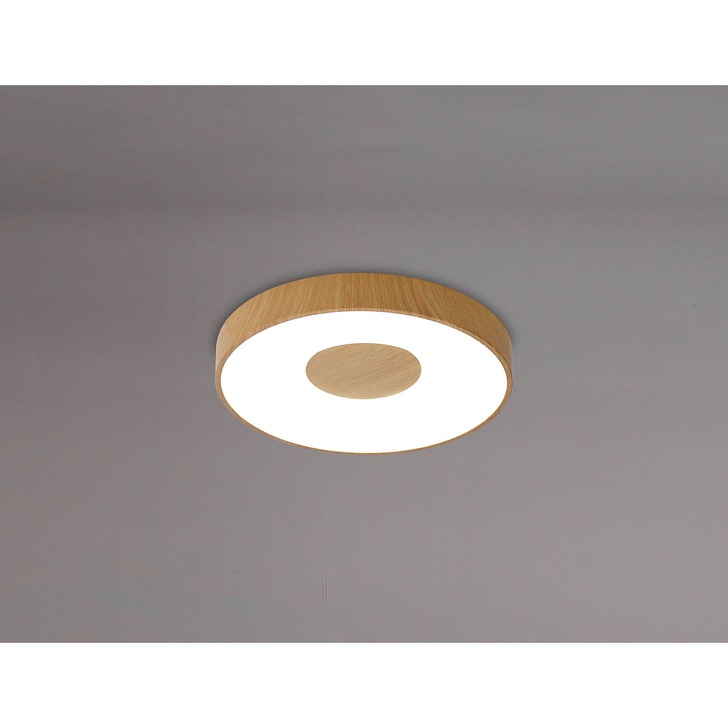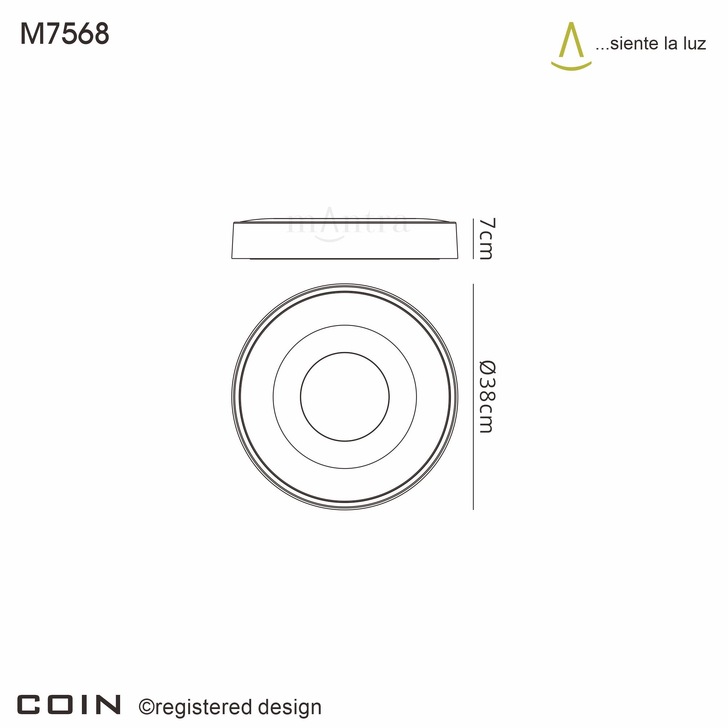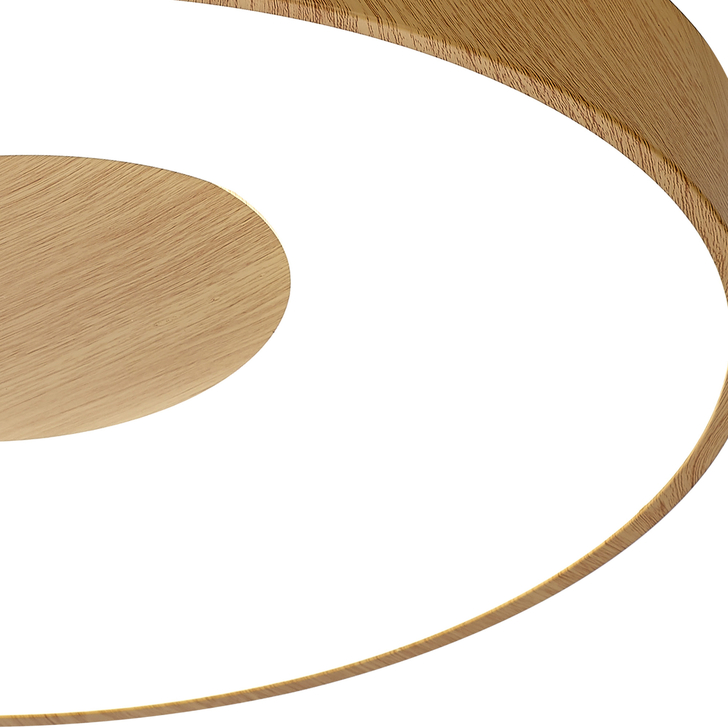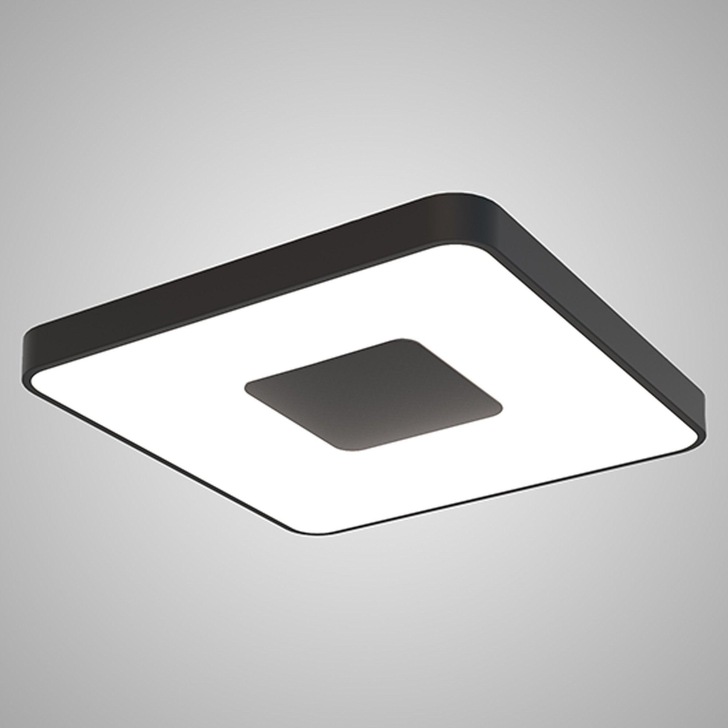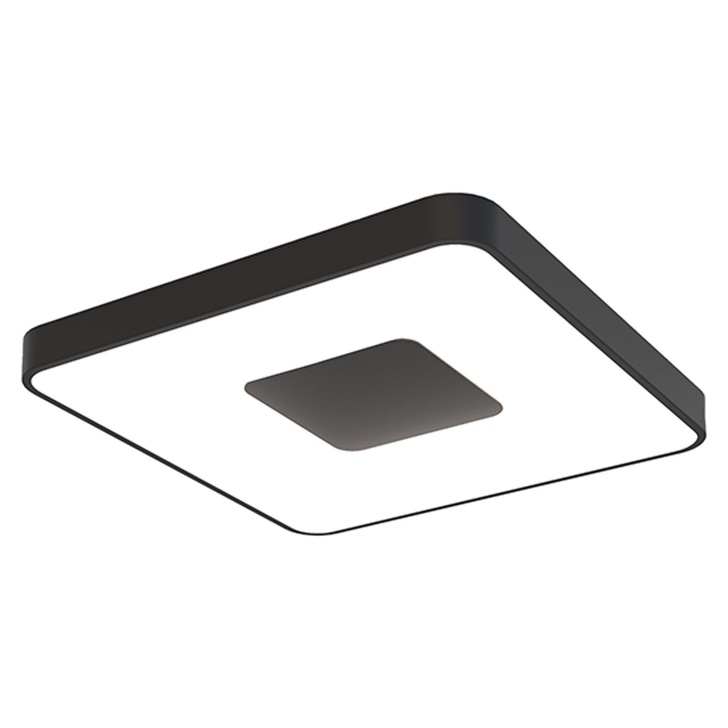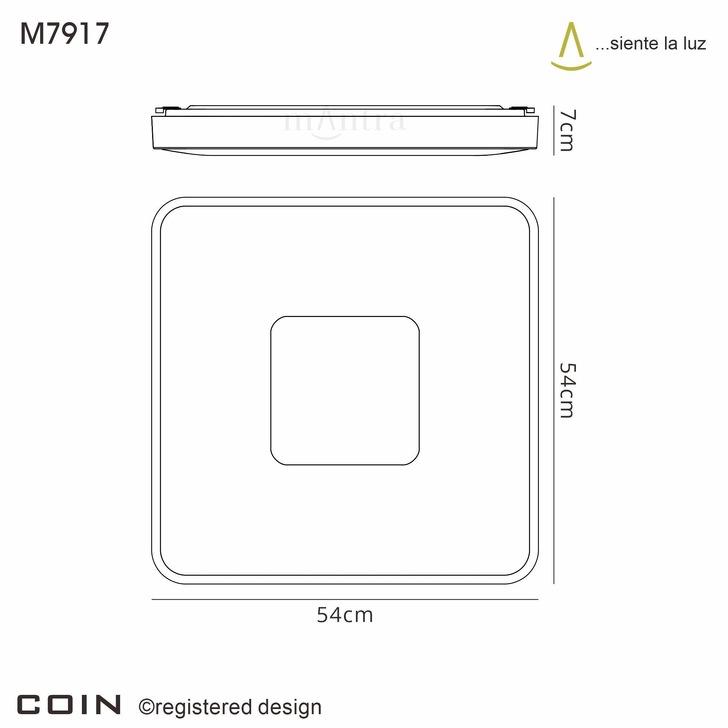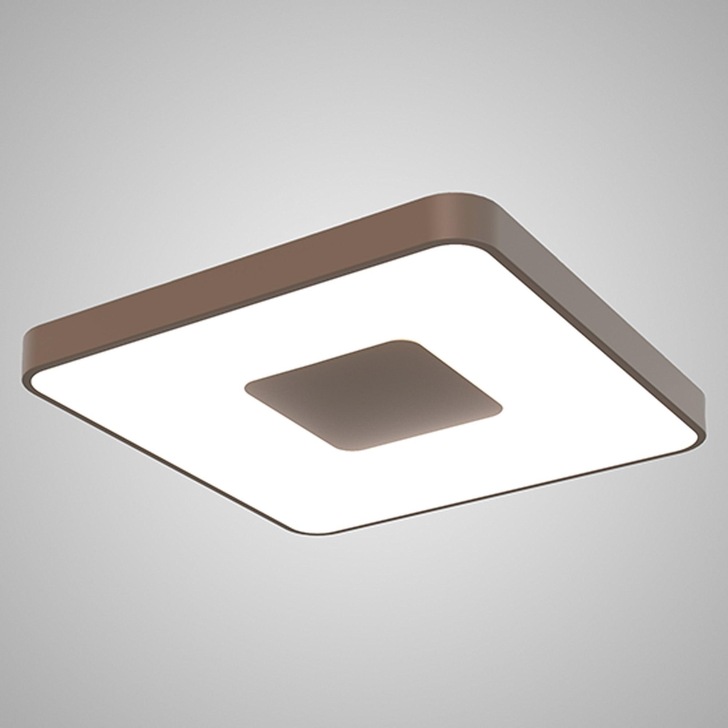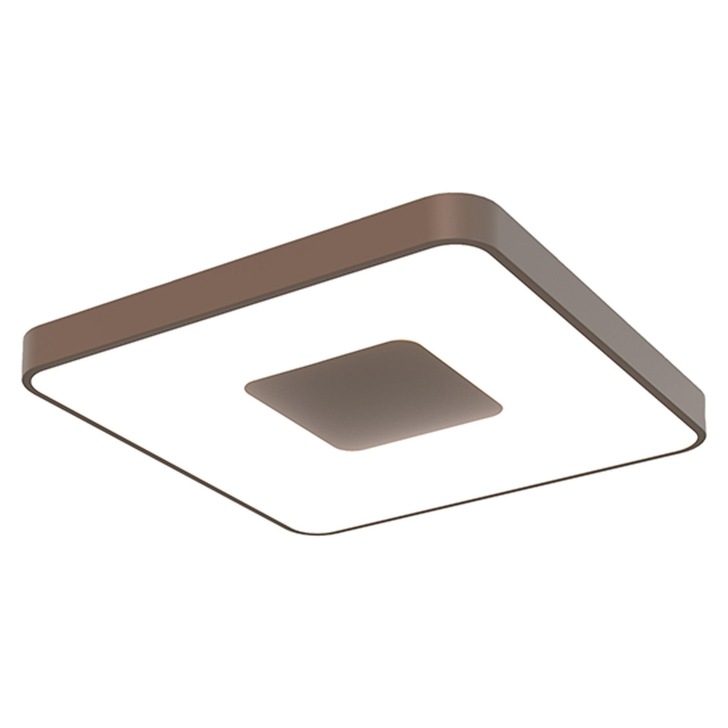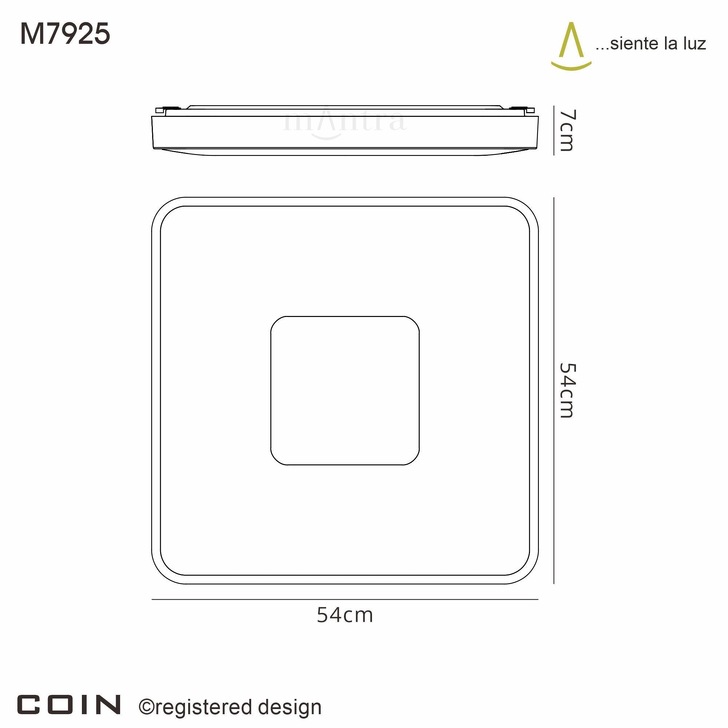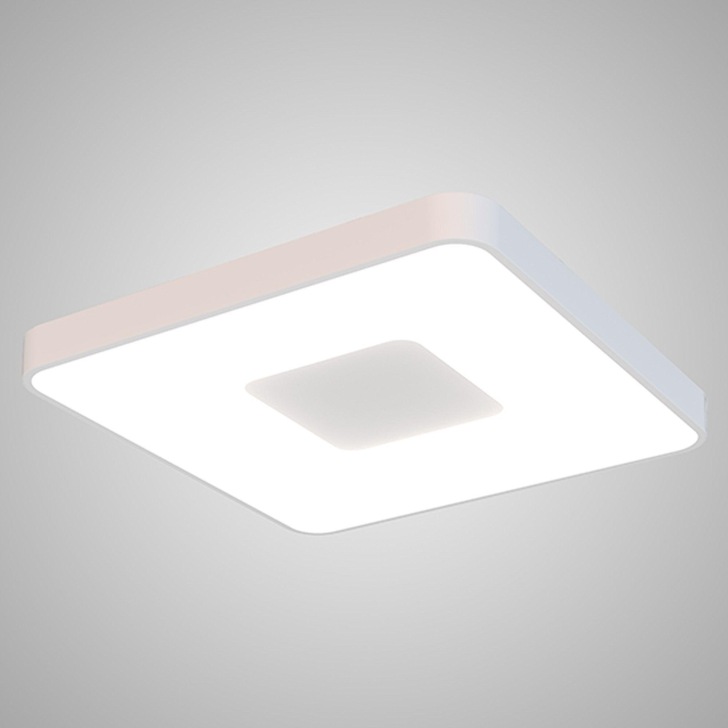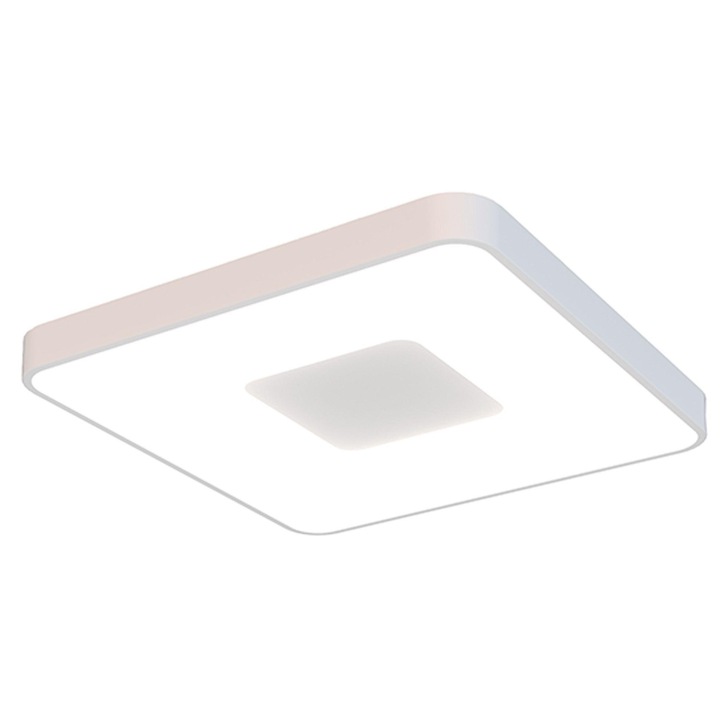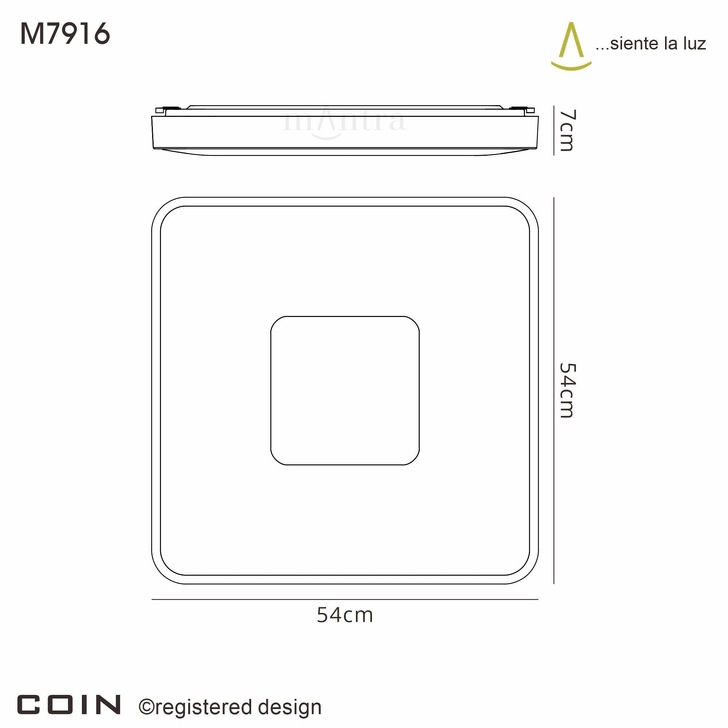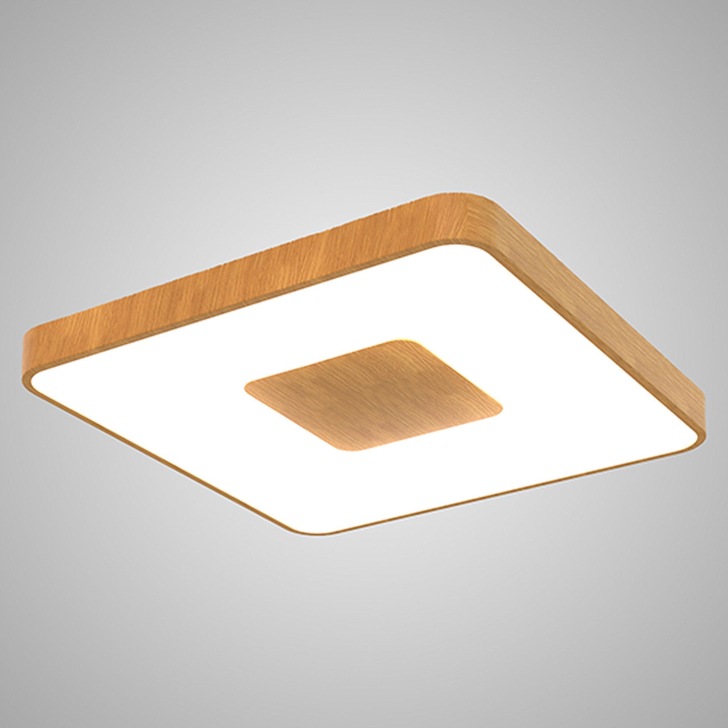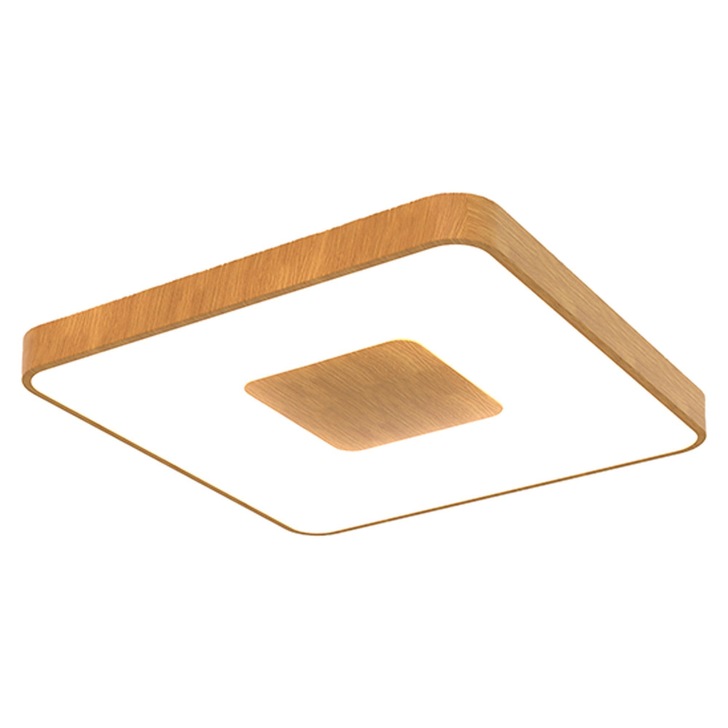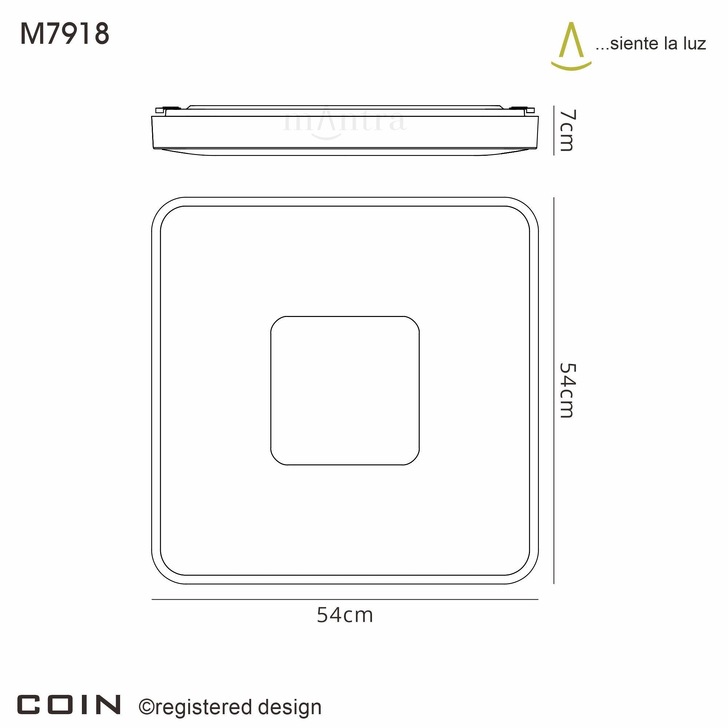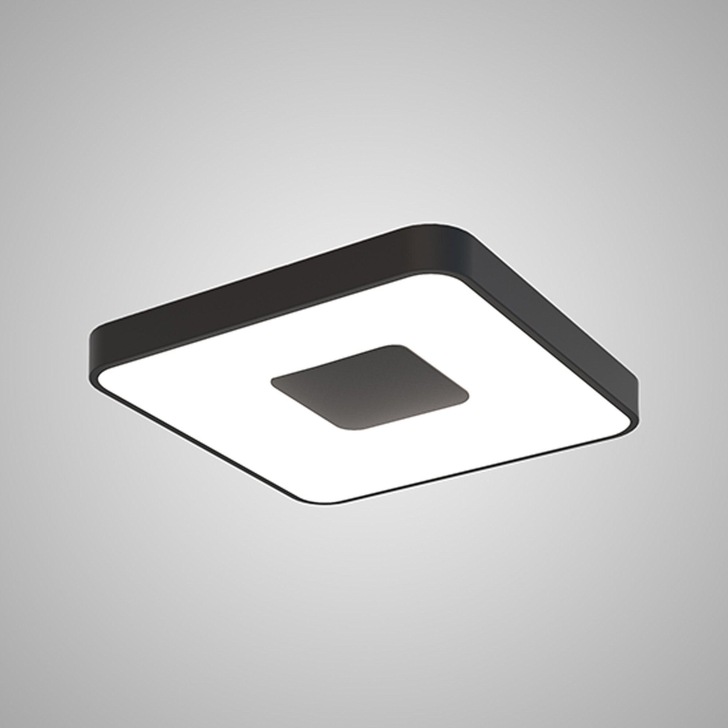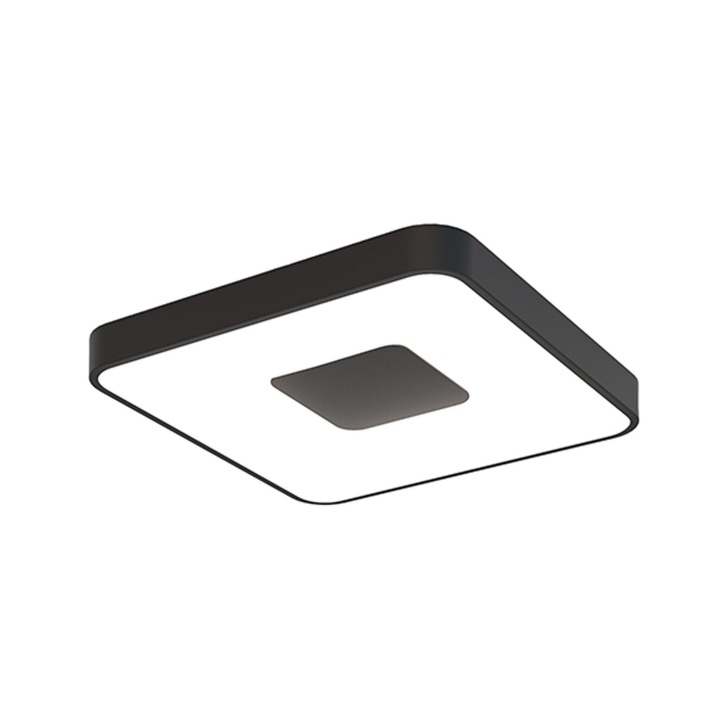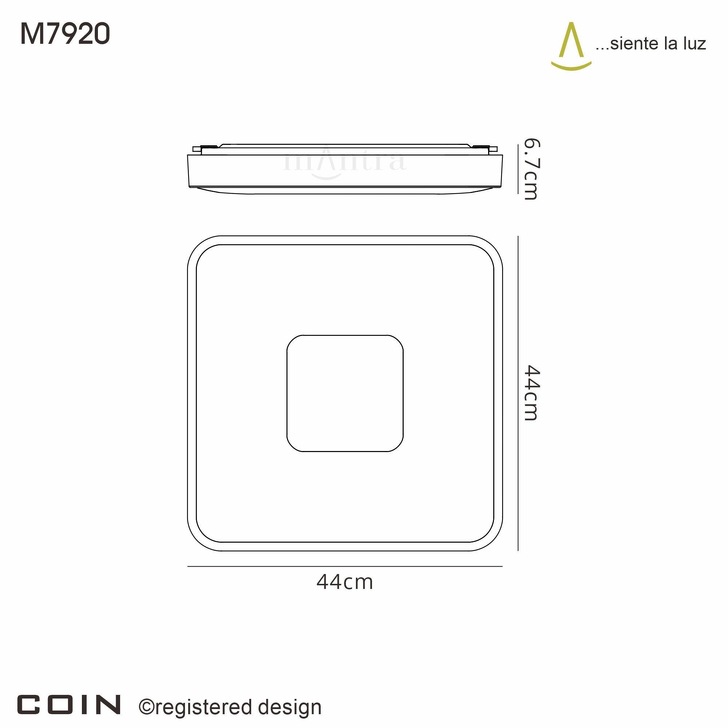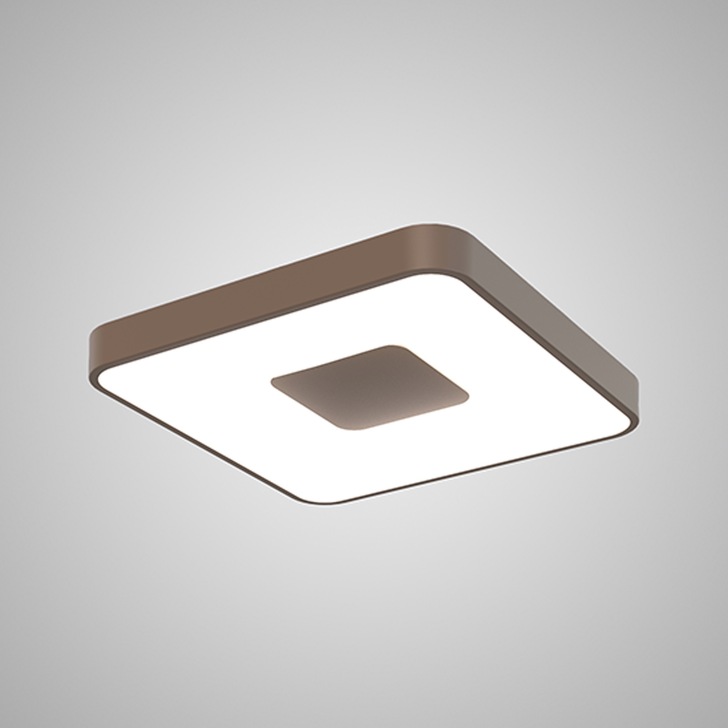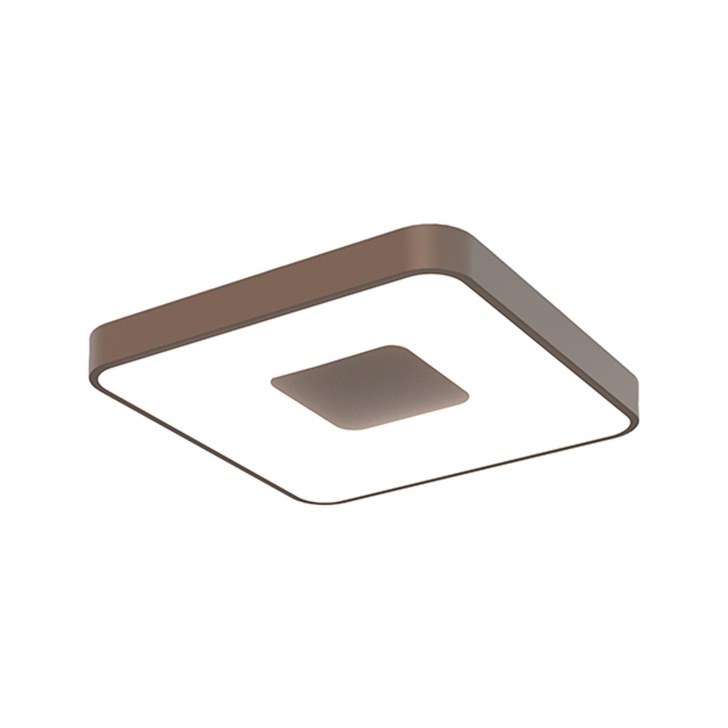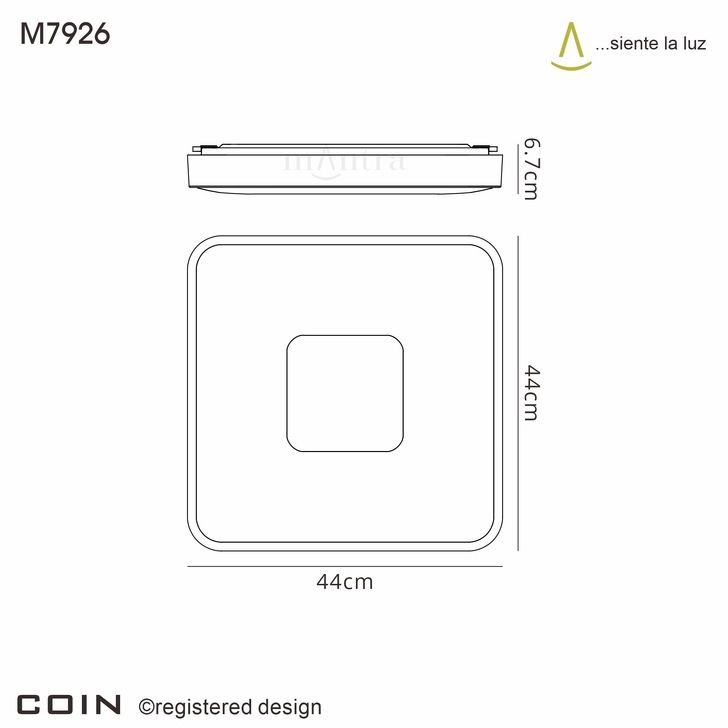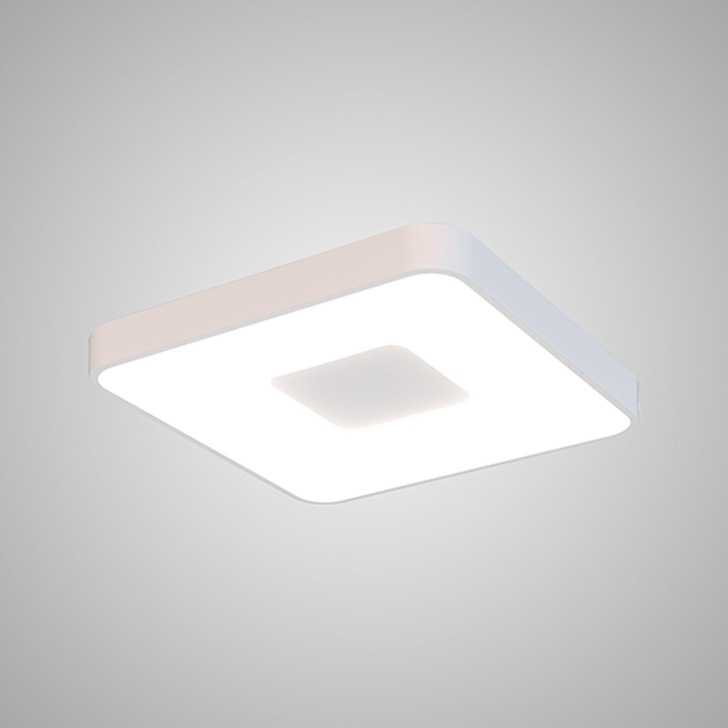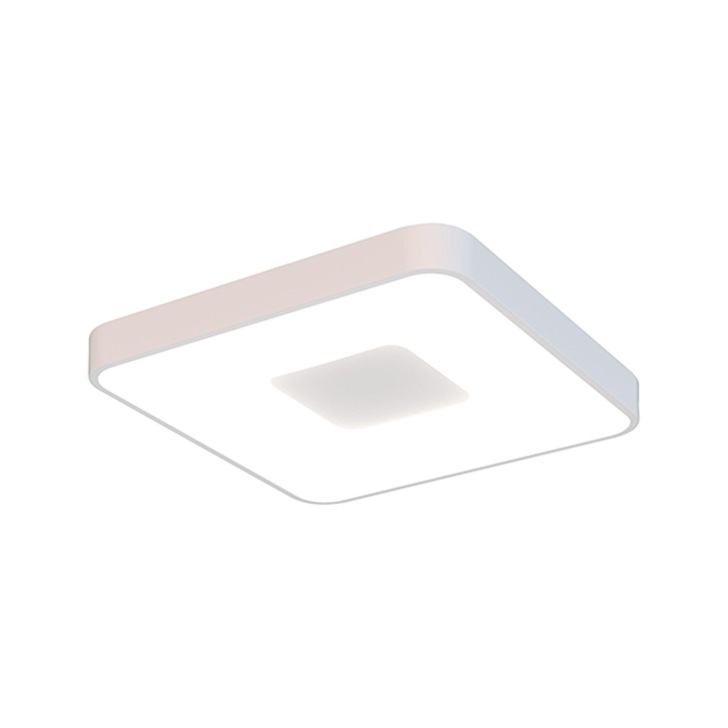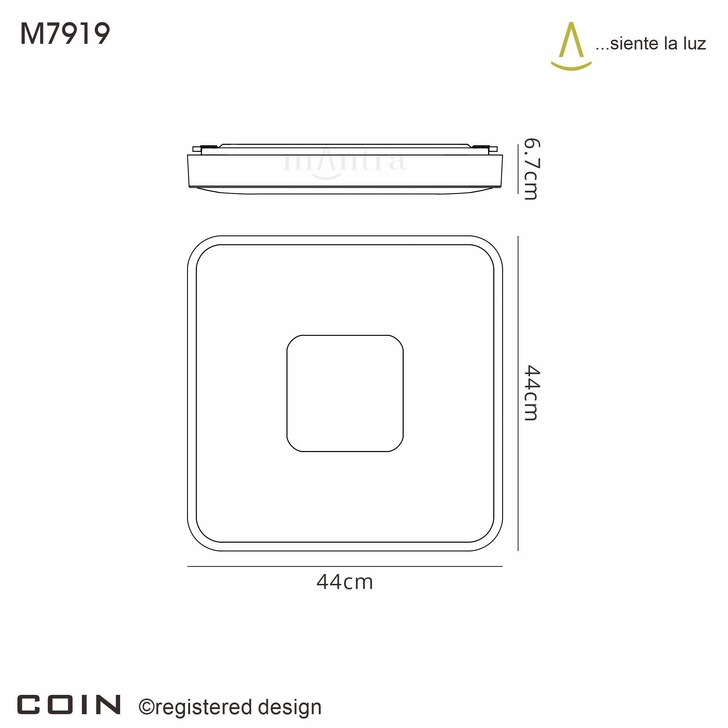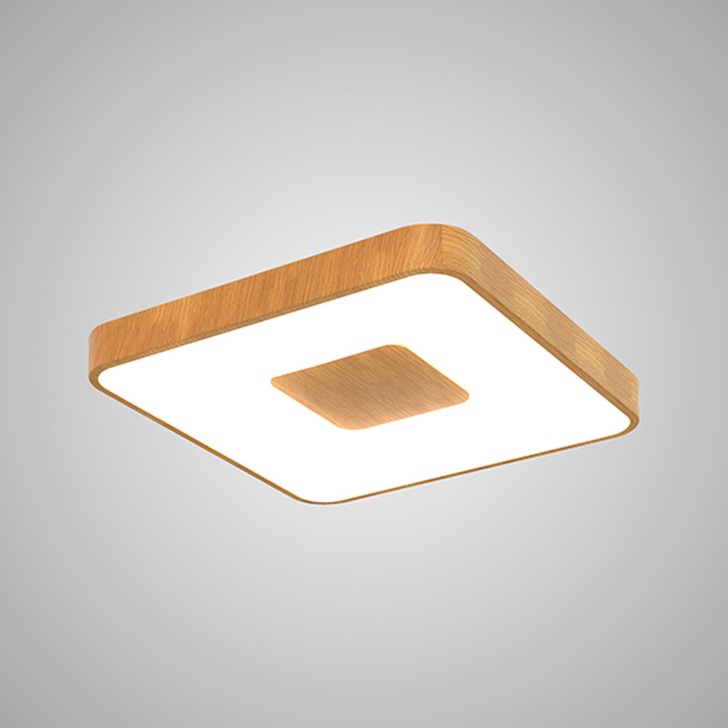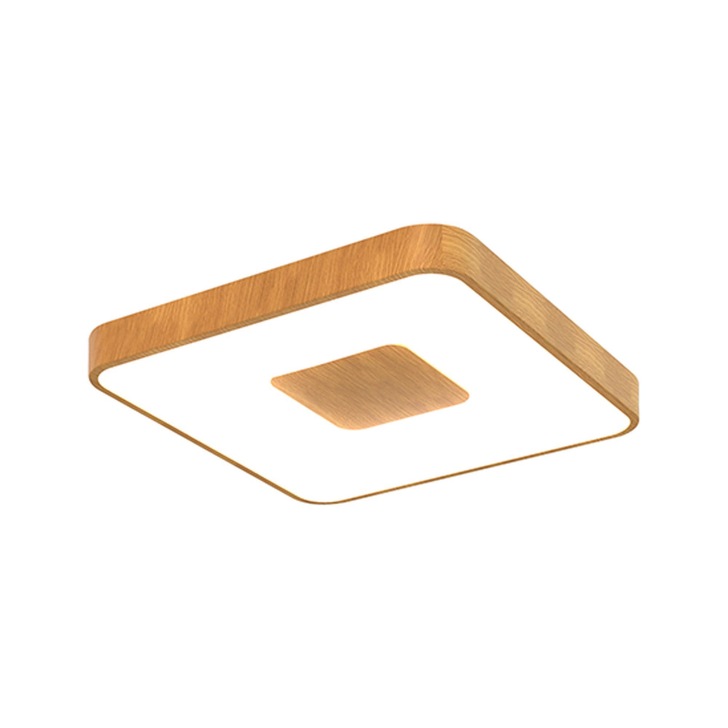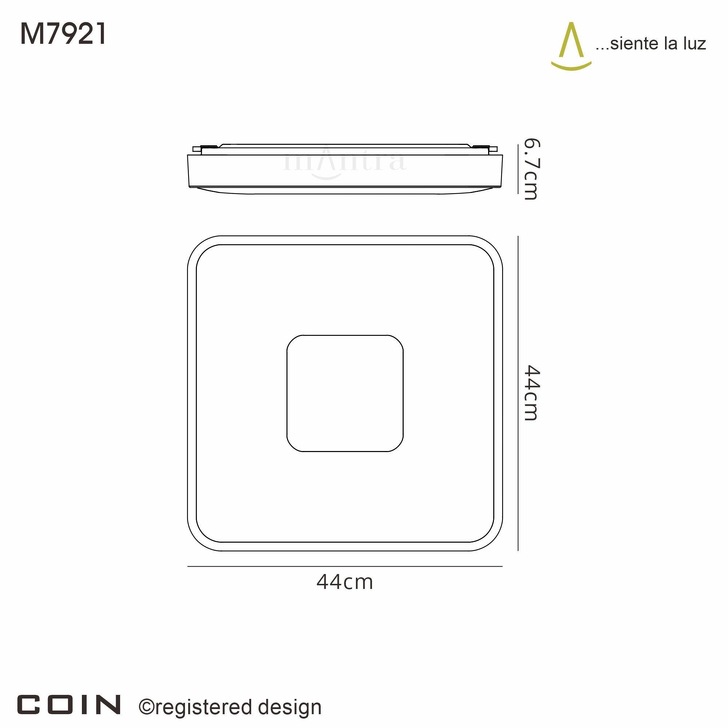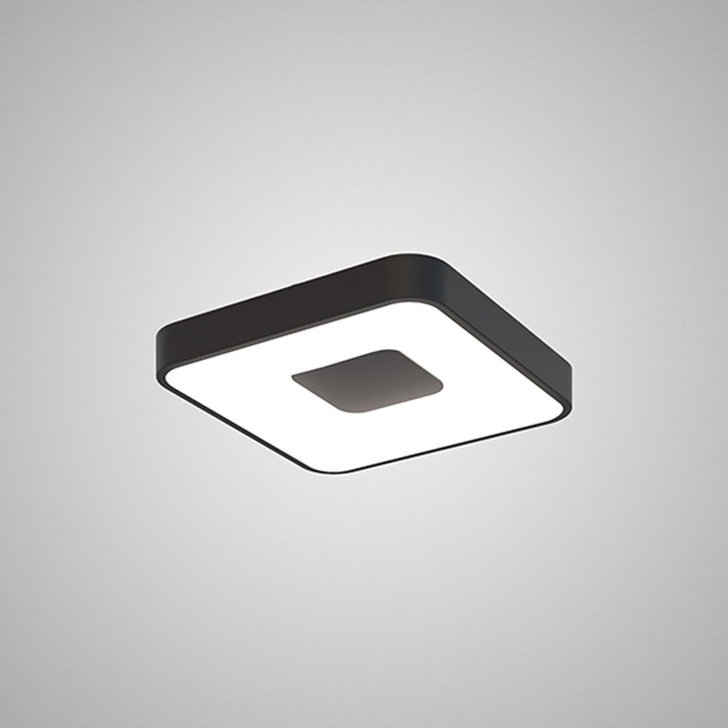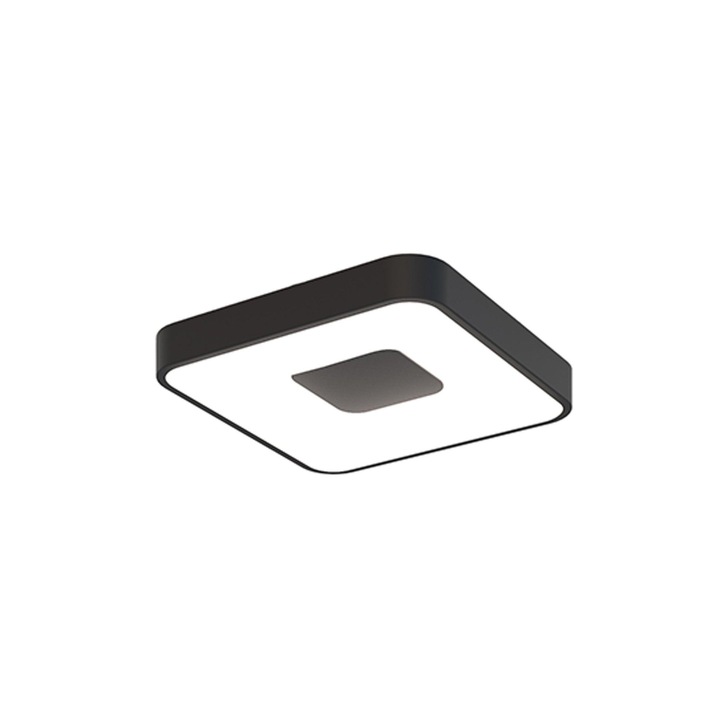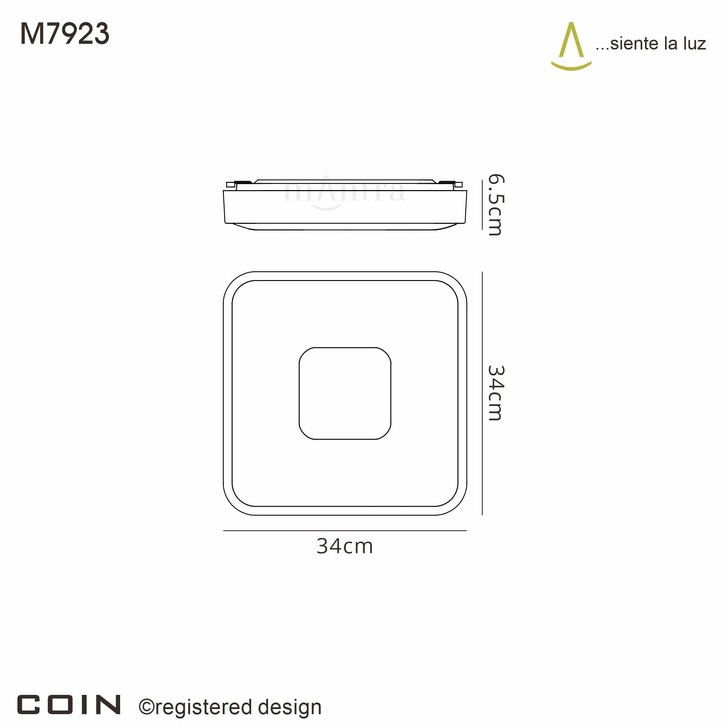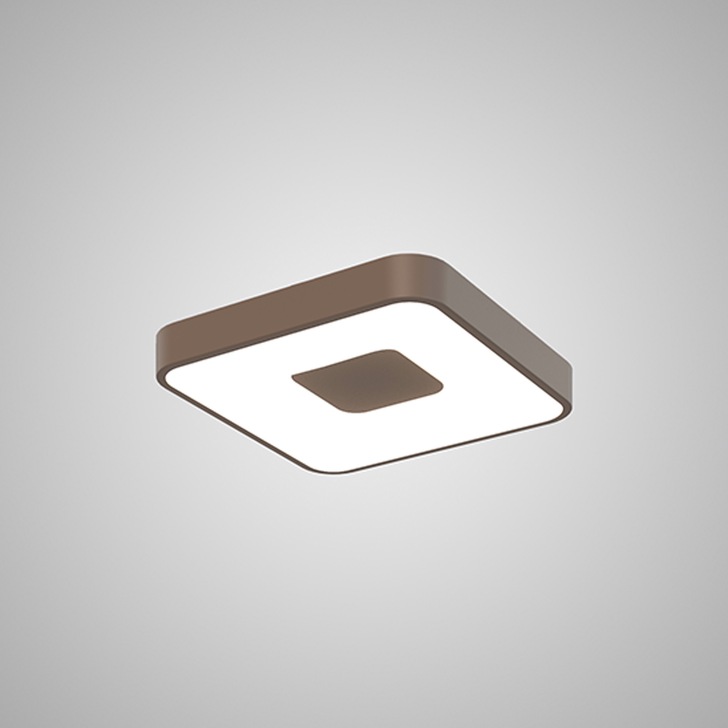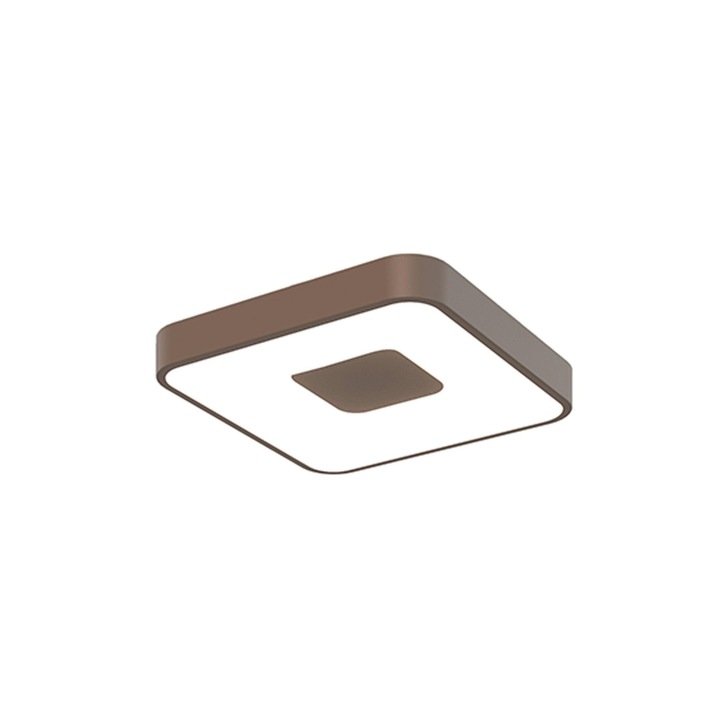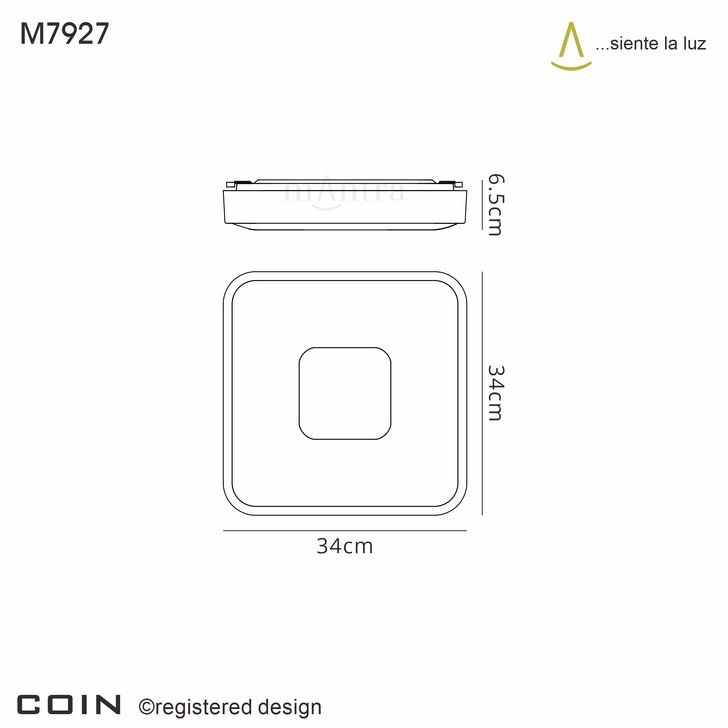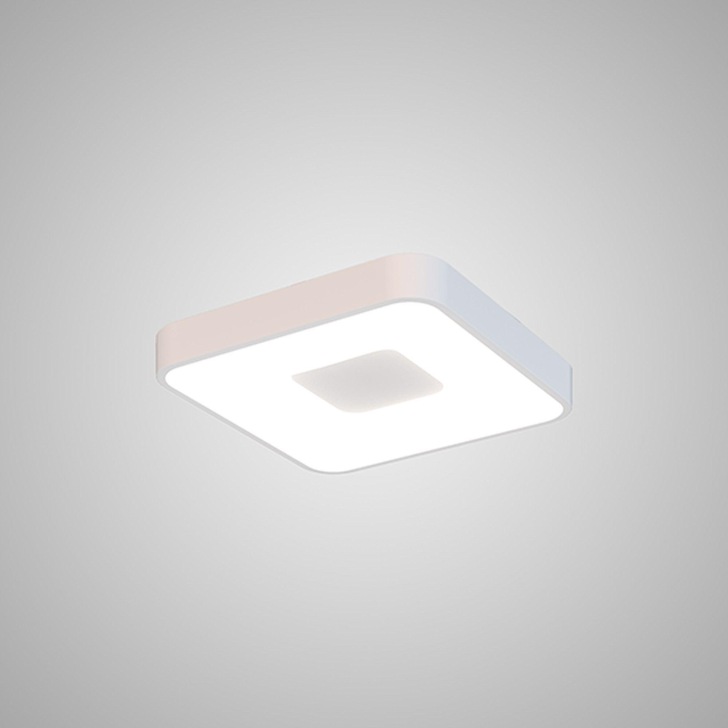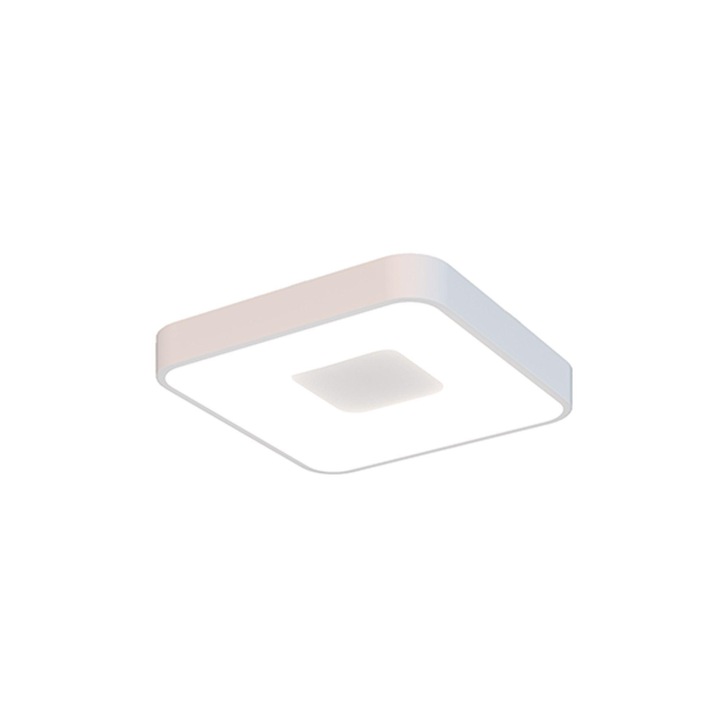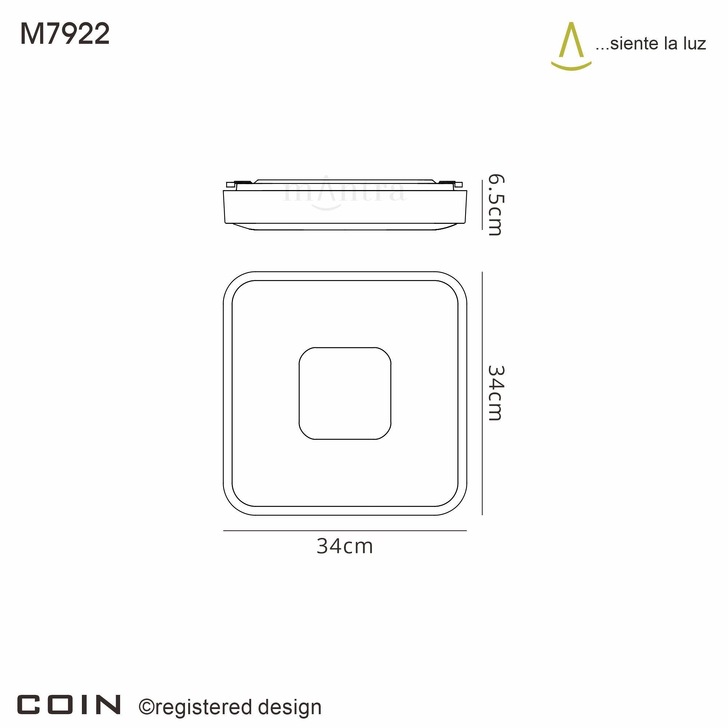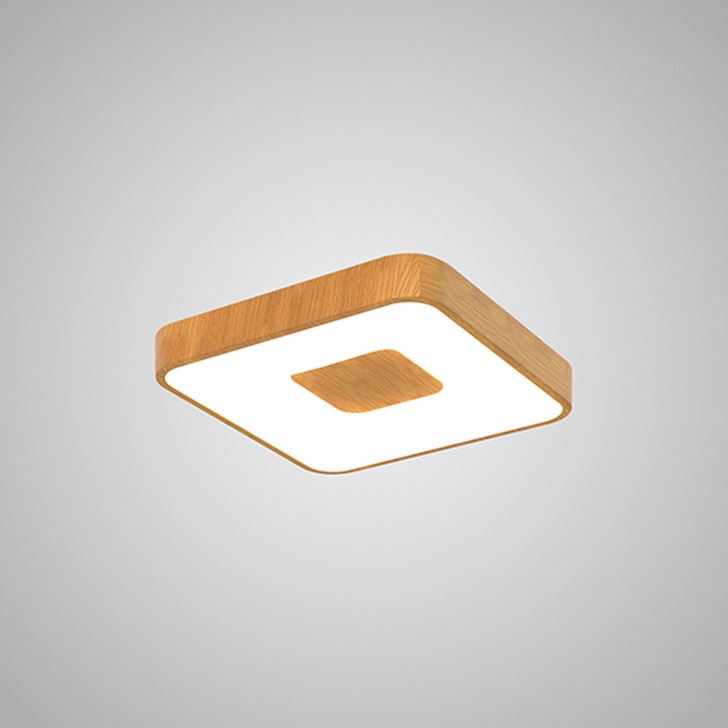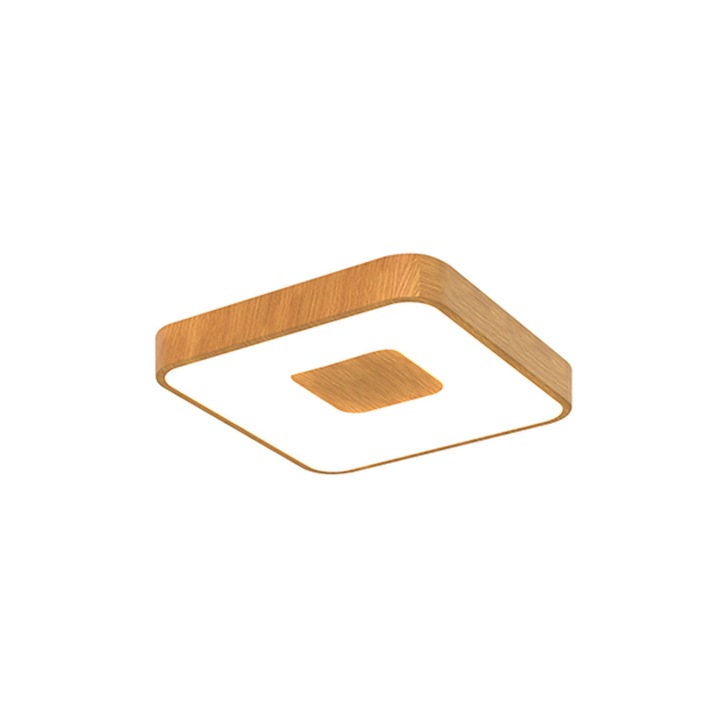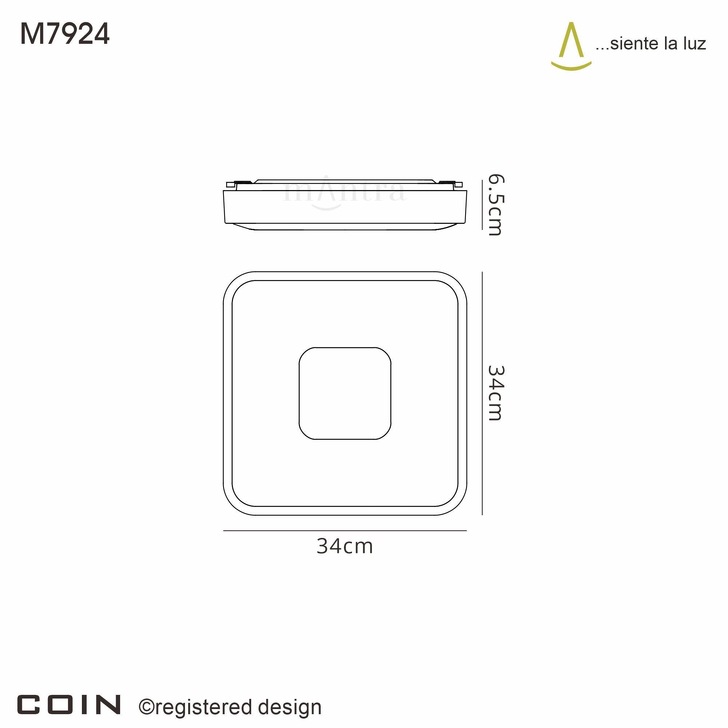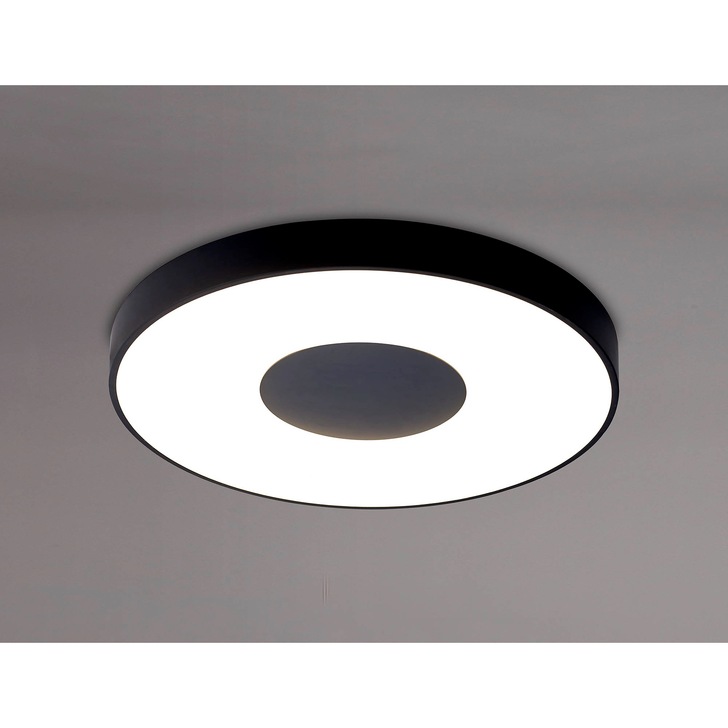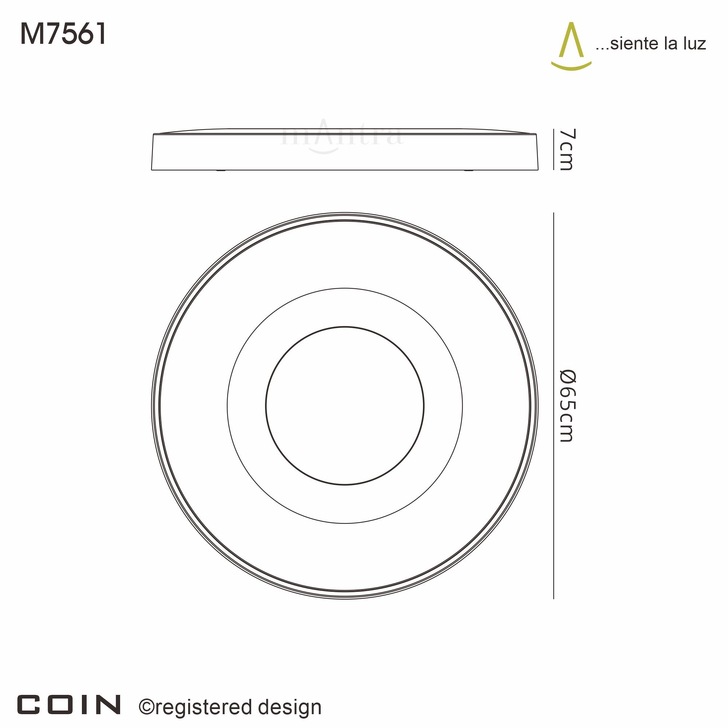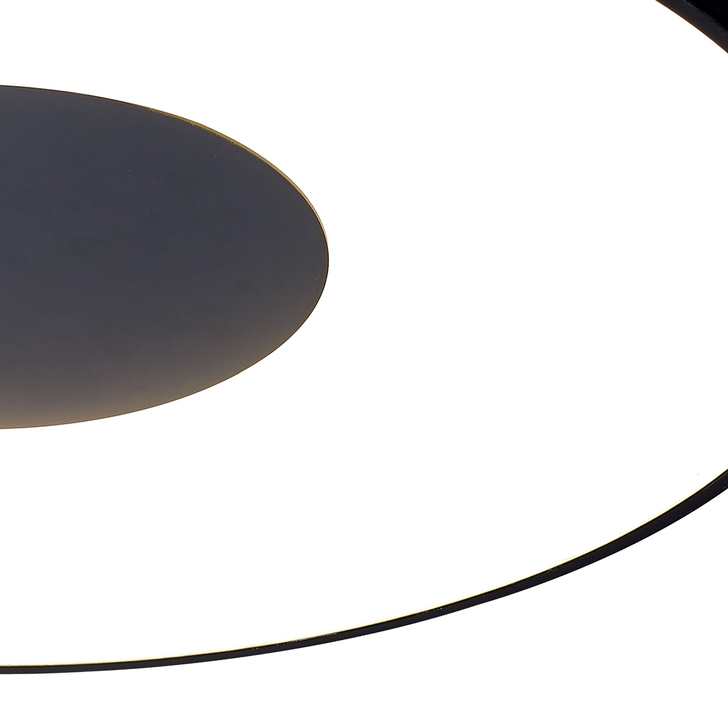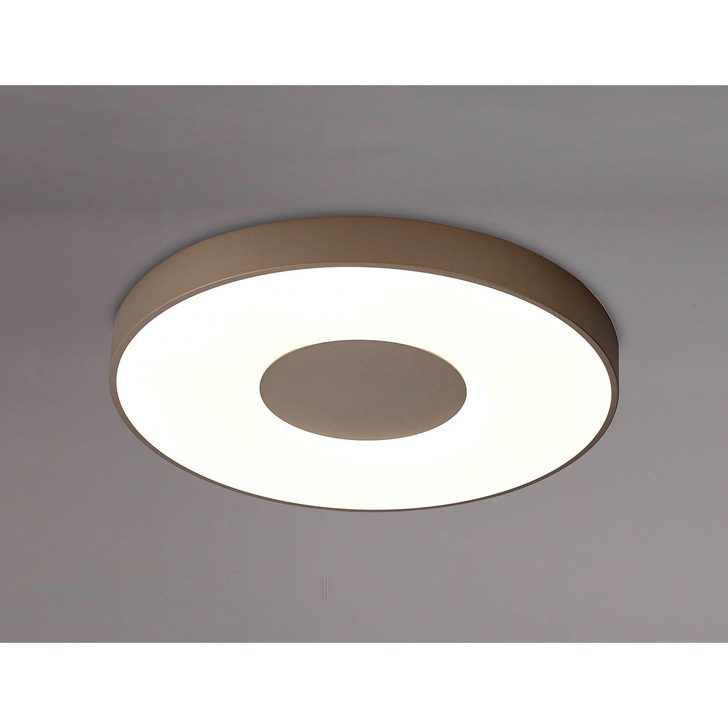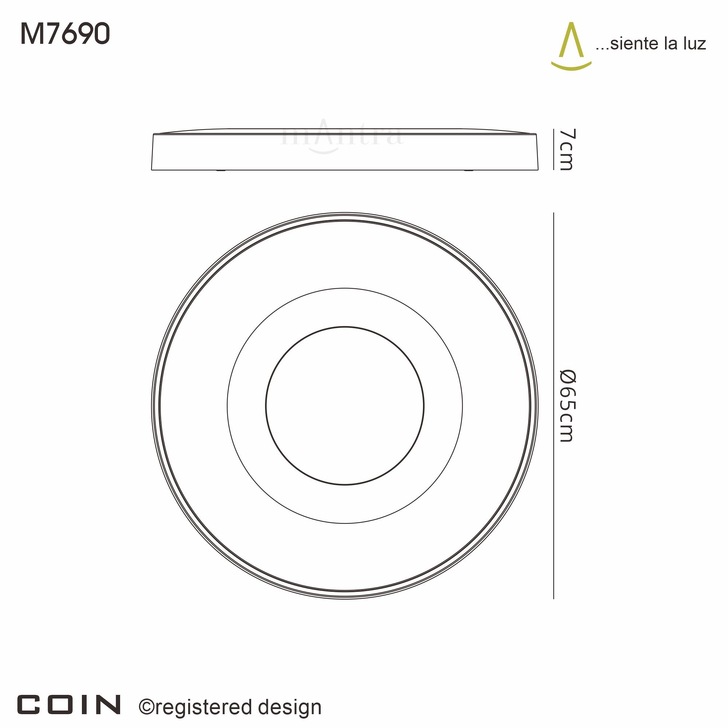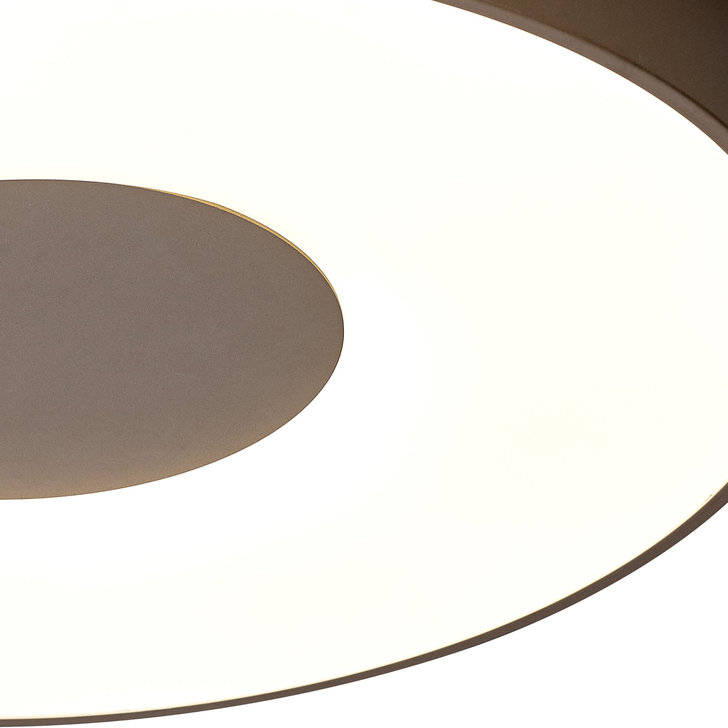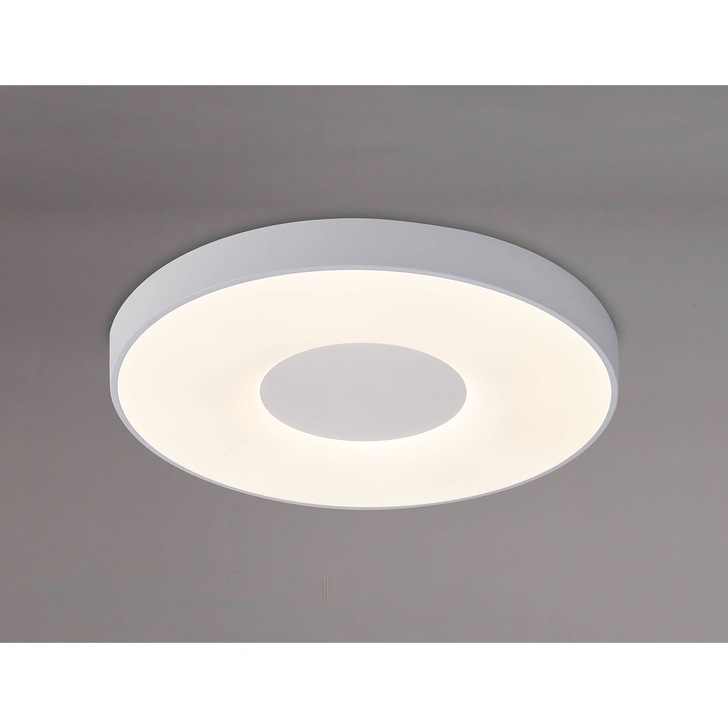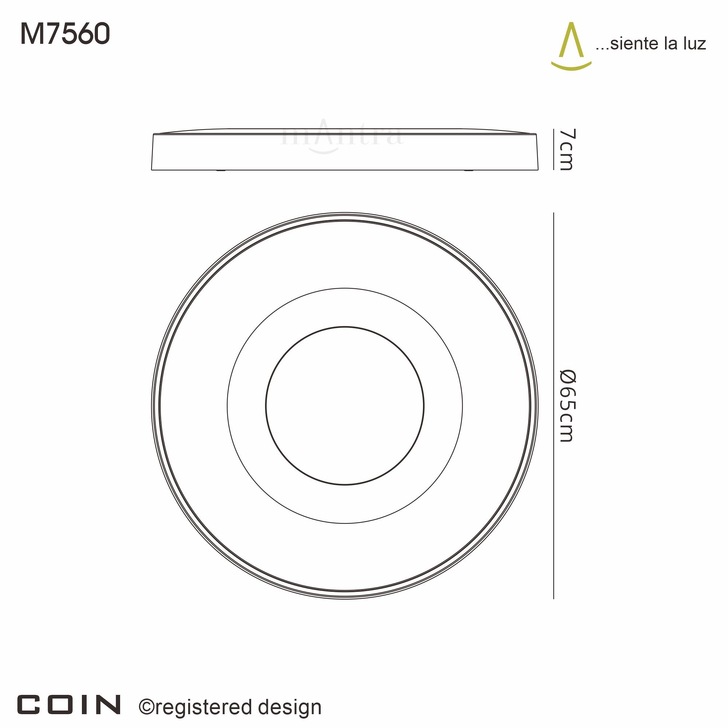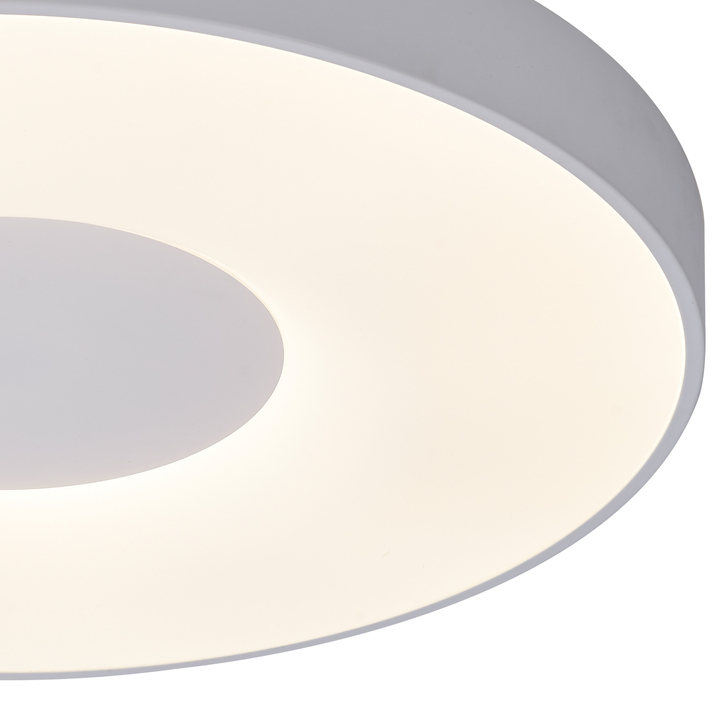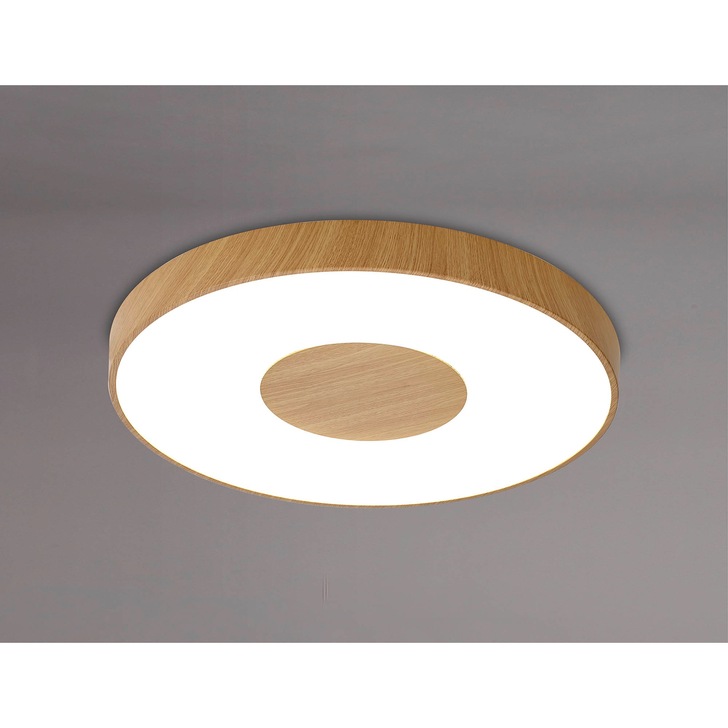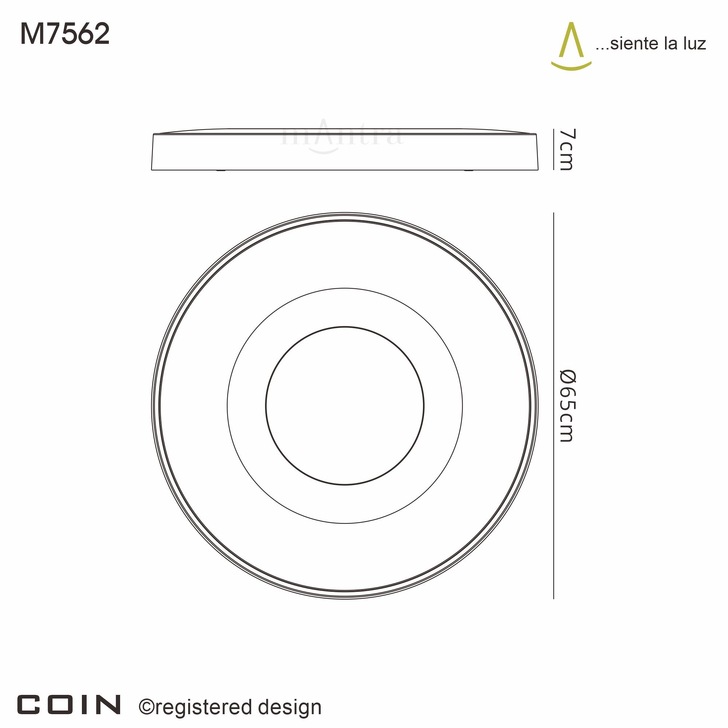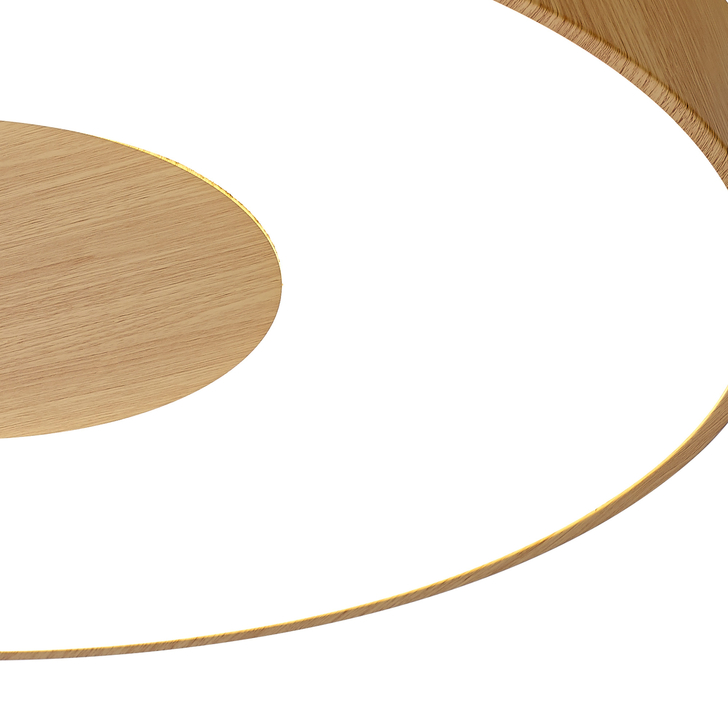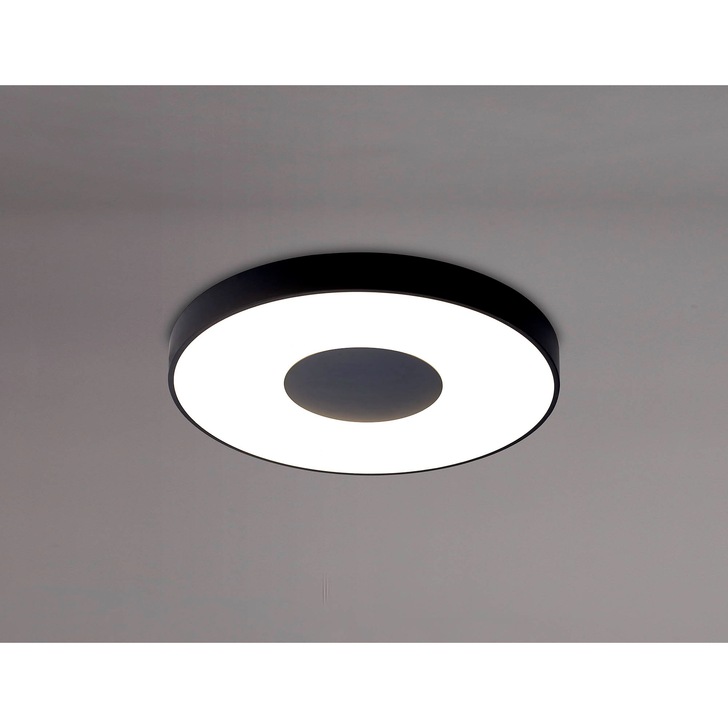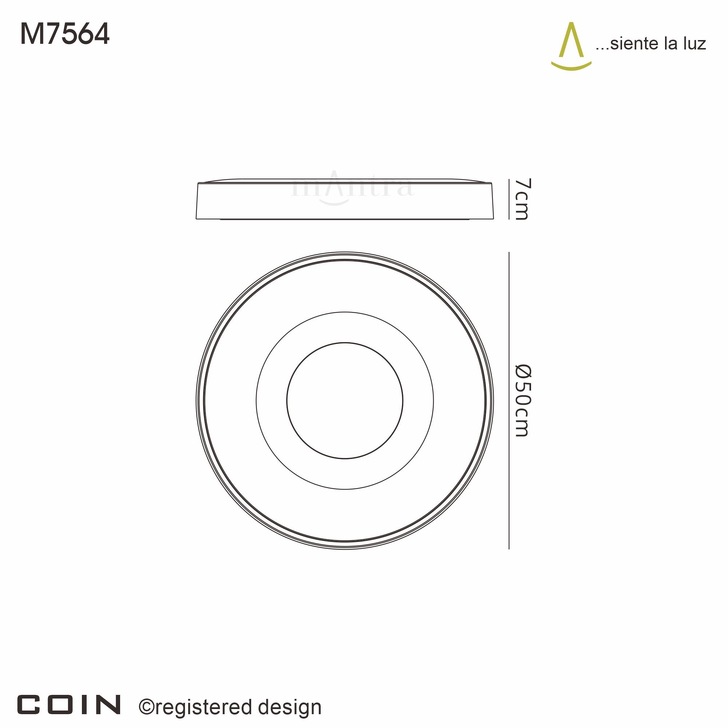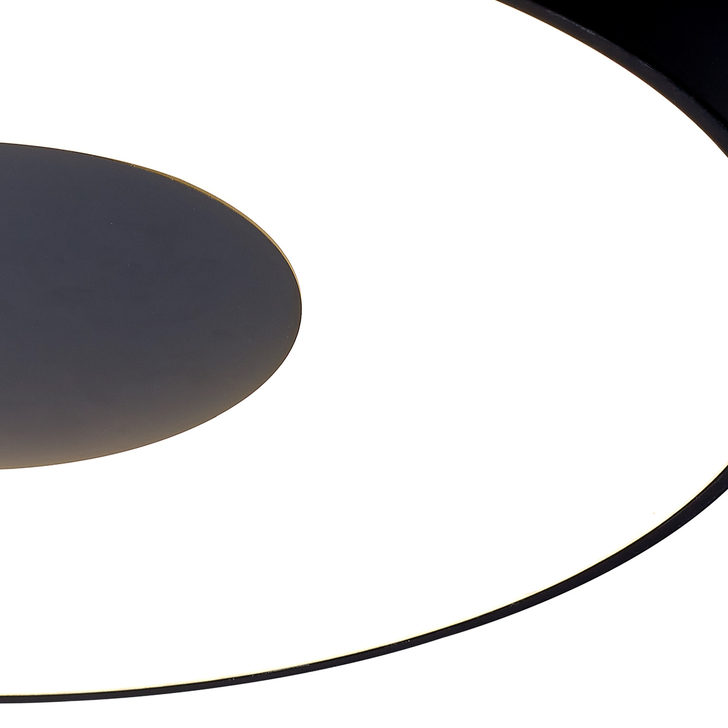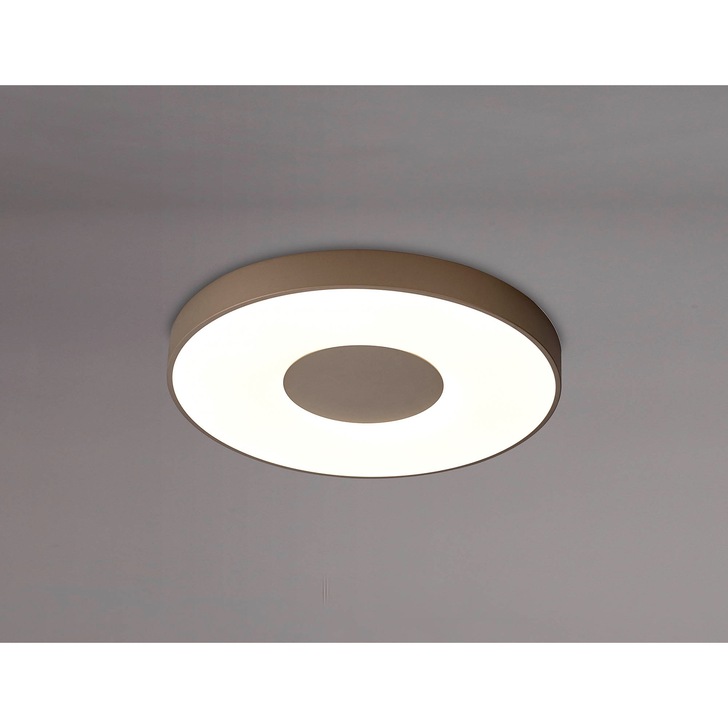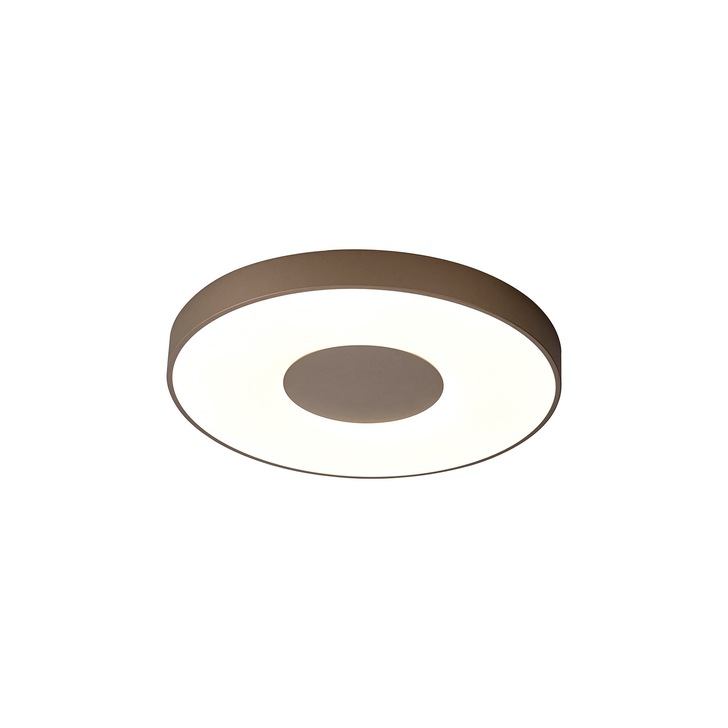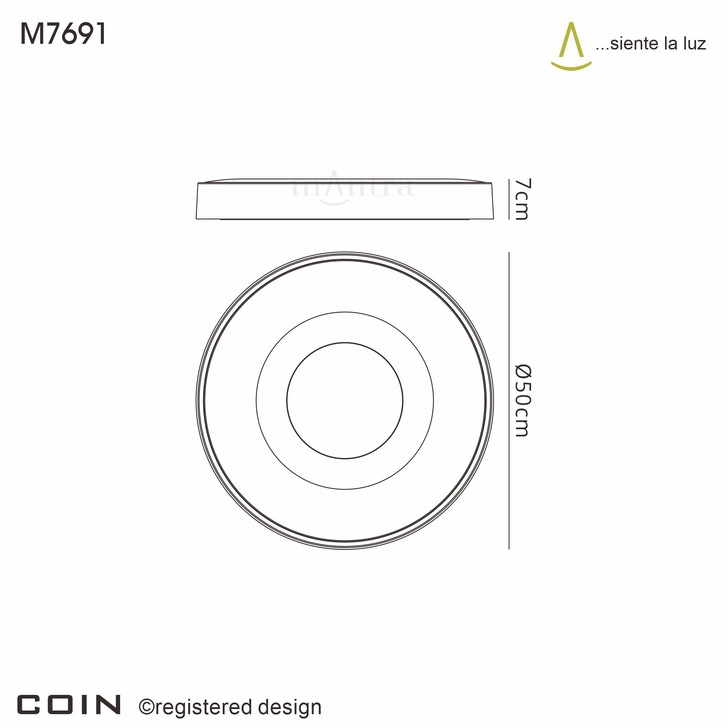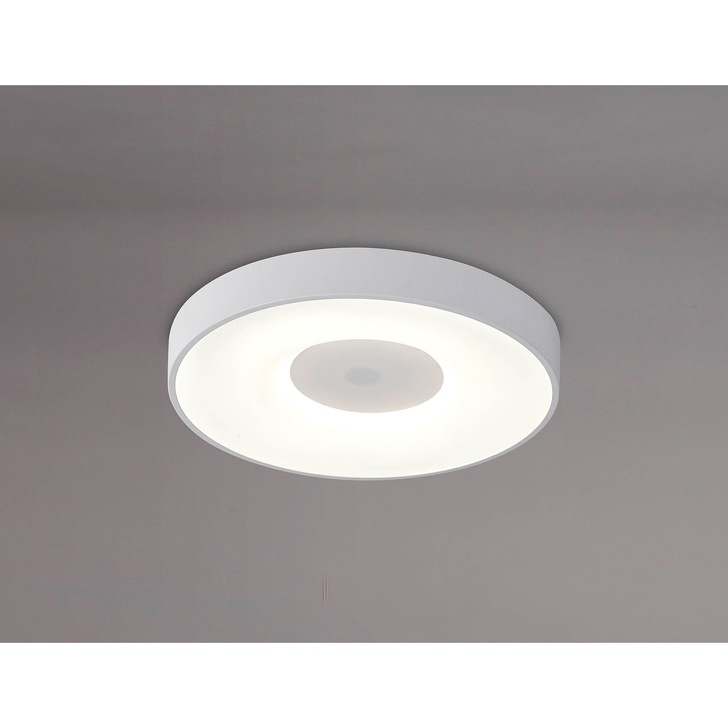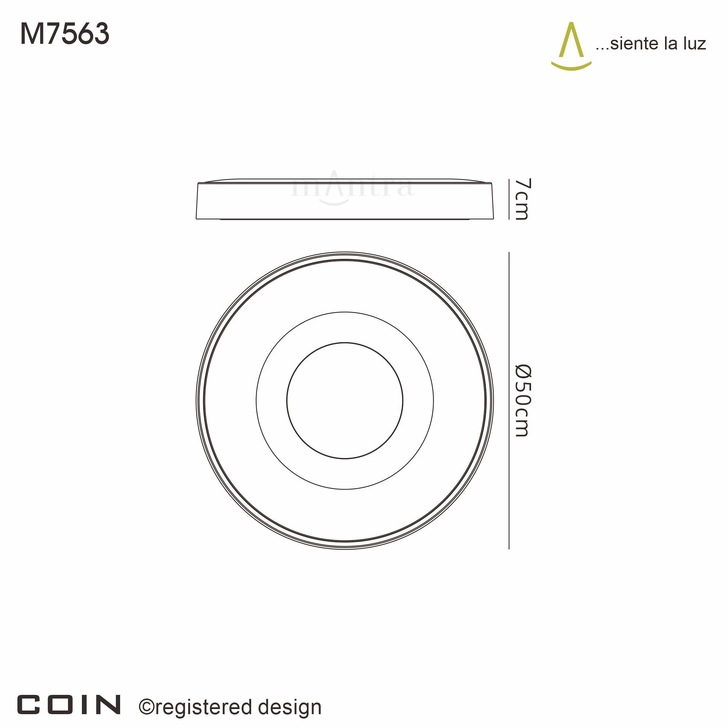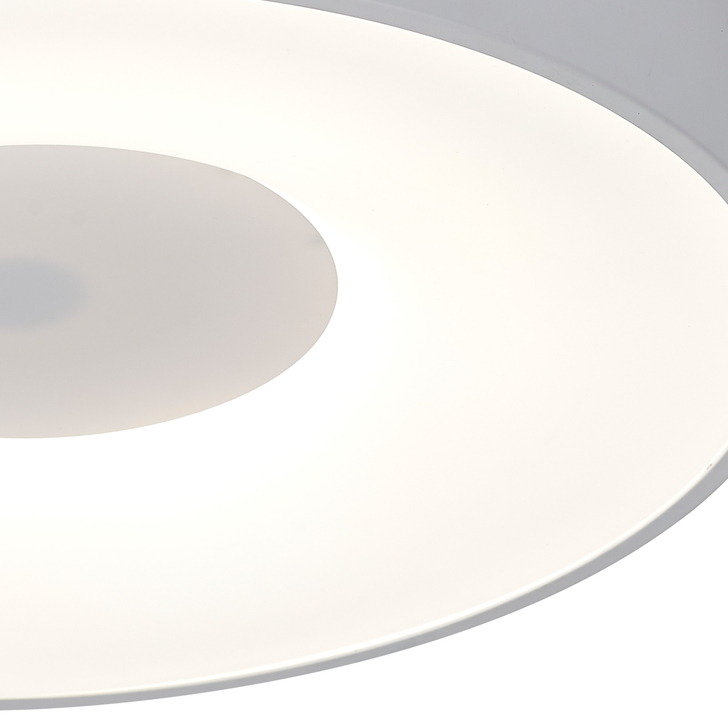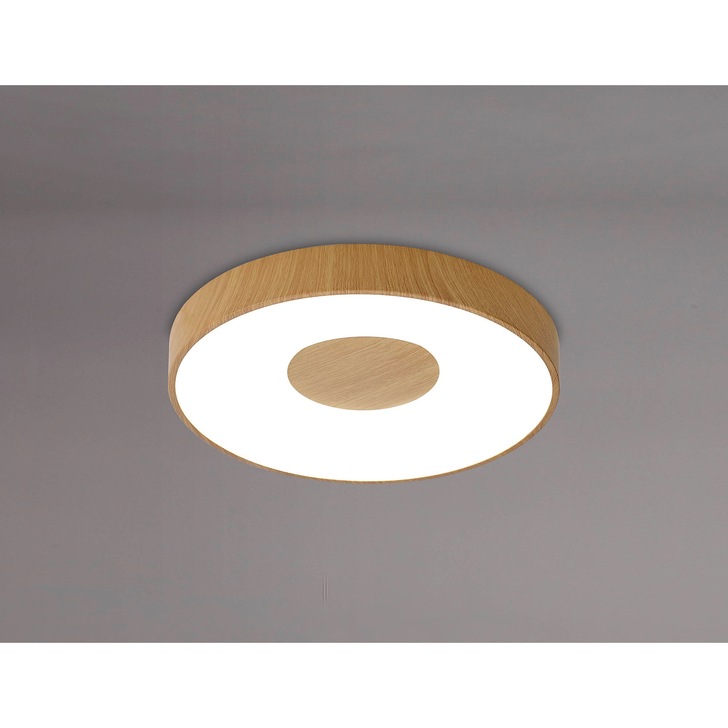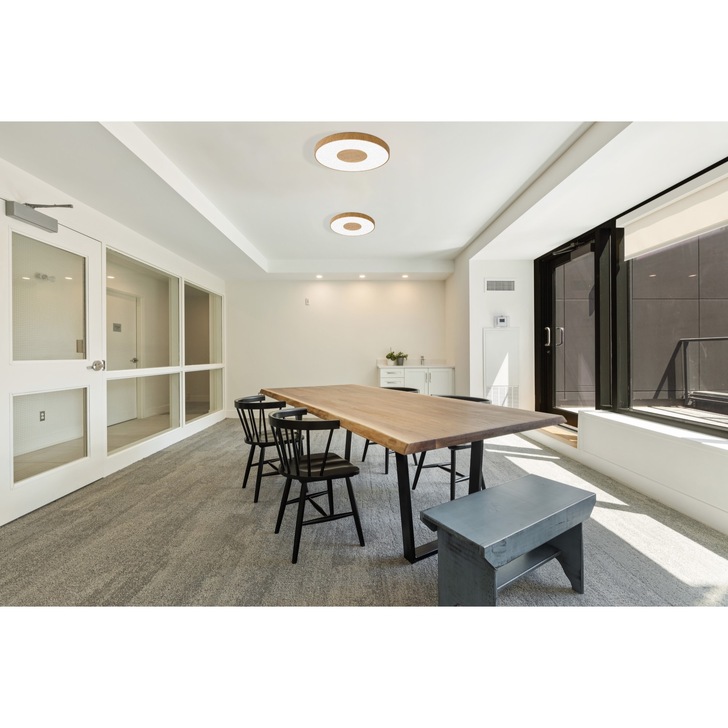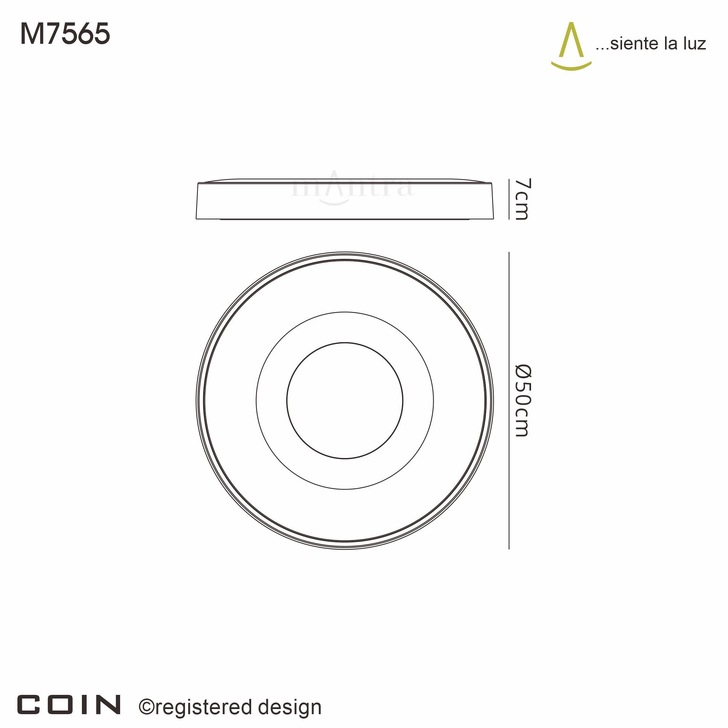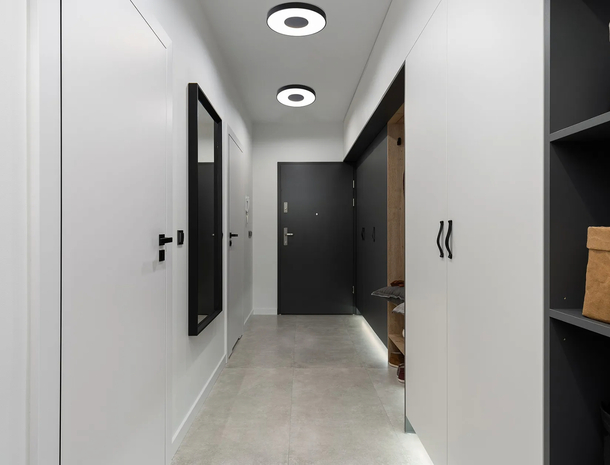Bulkhead lights are rugged, durable lighting fixtures commonly used in both indoor and outdoor settings. Known for their tough construction and resistance to harsh environments, these lights are ideal for areas where reliability, weatherproofing, and safety are top priorities.
What Are Bulkhead Lights?
A bulkhead light is a wall- or ceiling-mounted fixture designed with a protective housing—often oval or round in shape—that encloses the bulb and shielding (usually a frosted or clear diffuser with a metal or plastic grille). Originally designed for ships (hence the name), they’re now widely used in:
-
Commercial buildings
-
Parking garages
-
Corridors and stairwells
-
Outdoor walls and walkways
-
Industrial sites
-
Utility rooms and basements
Key Features
-
Weather-resistant: Often rated IP65 or higher (dust-tight and waterproof)
-
Impact-resistant: Made from robust materials like polycarbonate or die-cast aluminum
-
Vandal-resistant: Secure housing protects against tampering
-
Efficient lighting: Available in LED versions for long-lasting performance
Types of Bulkhead Lights
1. Material-Based
-
Plastic/Polycarbonate Bulkheads: Lightweight, corrosion-resistant, and budget-friendly.
-
Metal (Die-cast Aluminum or Steel): More rugged and durable; suitable for high-impact or industrial environments.
2. Shape and Design
-
Oval: Classic look; often seen in traditional or marine-style settings.
-
Round (Circular): Modern, sleek design for contemporary environments.
-
Square/Rectangular: Boxy look for utilitarian spaces.
3. Light Source
-
LED Bulkhead Lights: Most popular today; energy-efficient, long-lasting, and low-maintenance.
-
Fluorescent: Older technology; less efficient and being phased out.
-
Halogen or Incandescent: Rarely used now due to high energy use.
4. Mounting Options
-
Surface-mounted: Fixed directly to walls or ceilings.
-
Recessed: Embedded into walls or ceilings for a flush finish.
-
Ceiling vs. Wall Mounted: Most are versatile, but placement affects beam spread and brightness.
Common Applications
-
Residential: Outdoor walls, garden paths, garage areas.
-
Commercial: Entrances, corridors, service areas.
-
Industrial: Warehouses, workshops, loading bays.
-
Marine: Boat decks, docks, ship cabins.
Advantages of LED Bulkhead Lights
-
Up to 80% energy savings vs. older bulbs
-
Lifespan of 20,000 to 50,000 hours
-
Minimal maintenance
-
Instant-on with no flicker
-
Compatible with motion sensors and timers
Special Features to Consider
-
Dusk-to-dawn sensors: Automatically turn on at night
-
Motion sensors (PIR): Enhance security and save energy
-
Emergency backup versions: Stay lit during power outages
-
Dimmable options: Allow control over brightness levels
-
Colour temperature choices: From warm (2700K) to cool daylight (6000K)
Final Tips for Buying Bulkhead Lights
-
Check IP rating for outdoor or wet-area use (IP65+ recommended).
-
Match brightness and color temp to the intended space.
-
Choose LED for efficiency and longevity.
-
Look for robust housing for high-traffic or high-impact zones.
-
Install with sensors for security and automatic operation.


